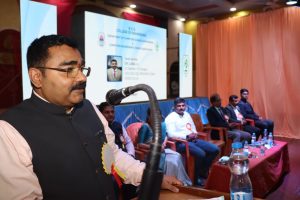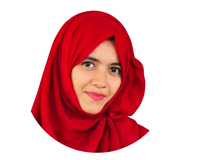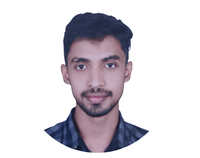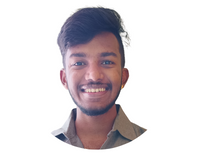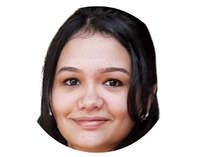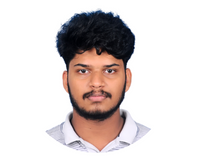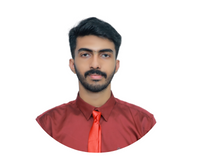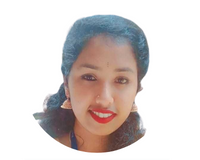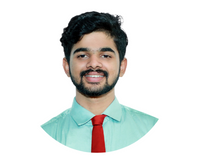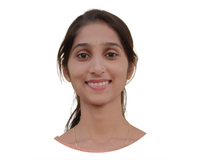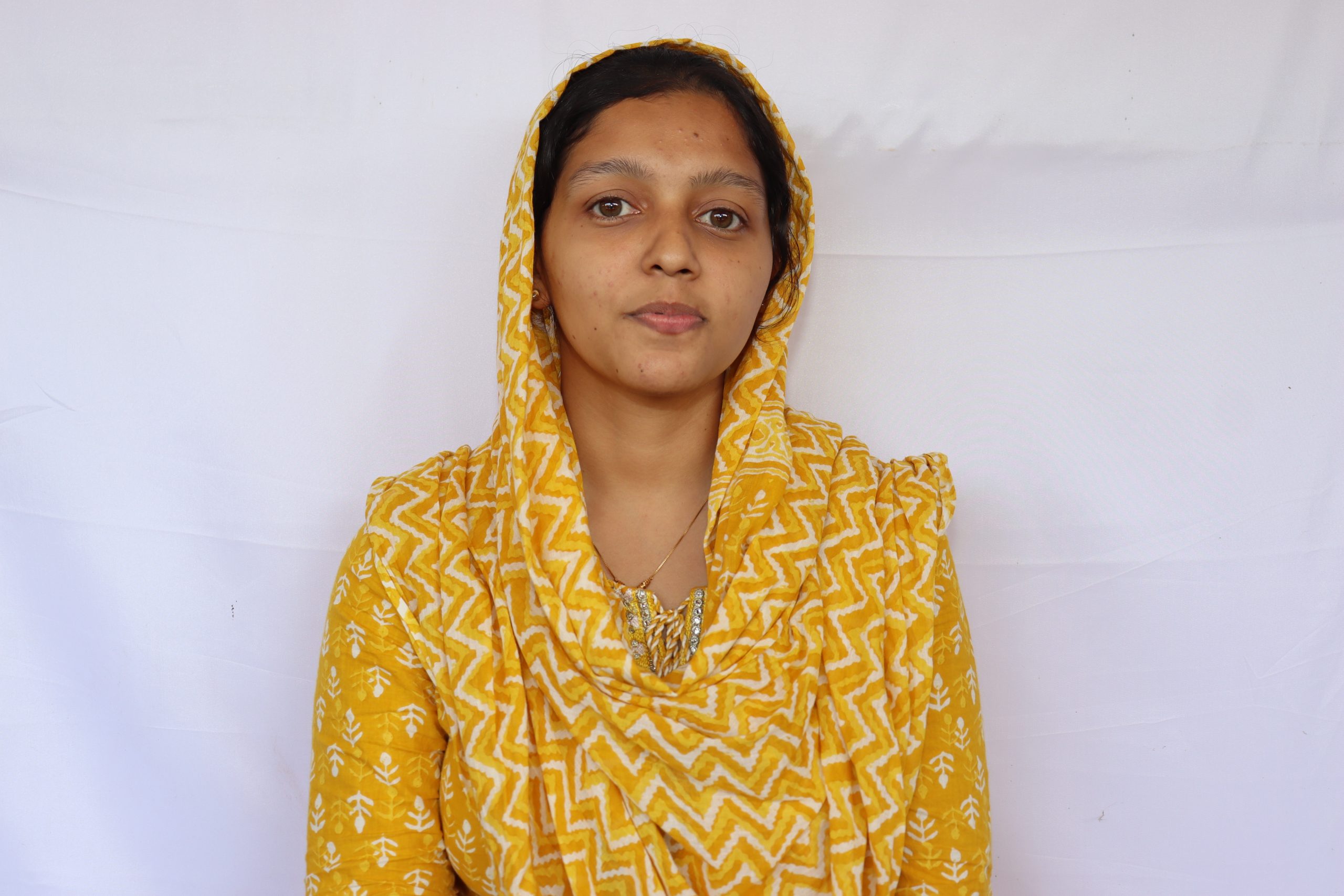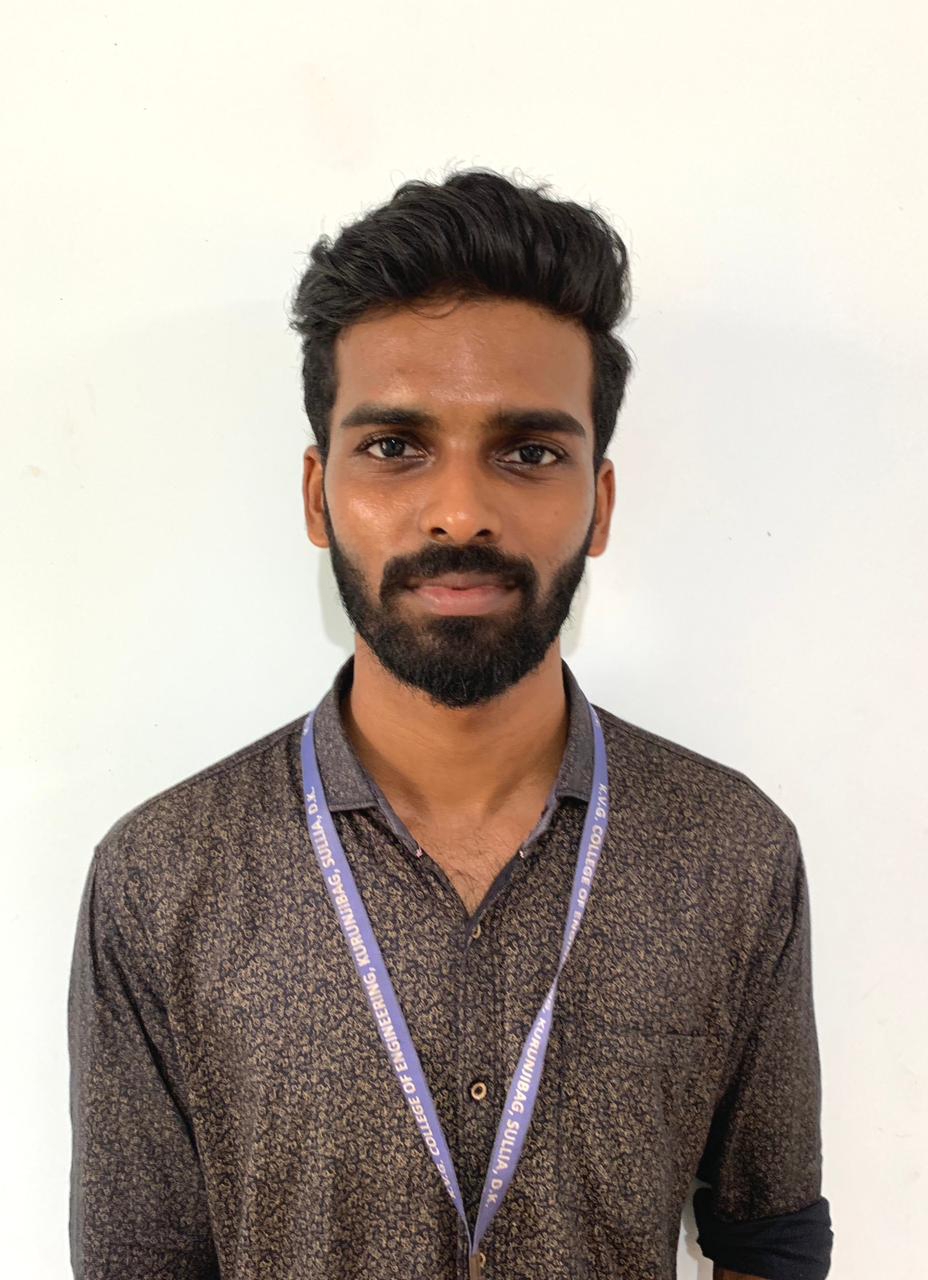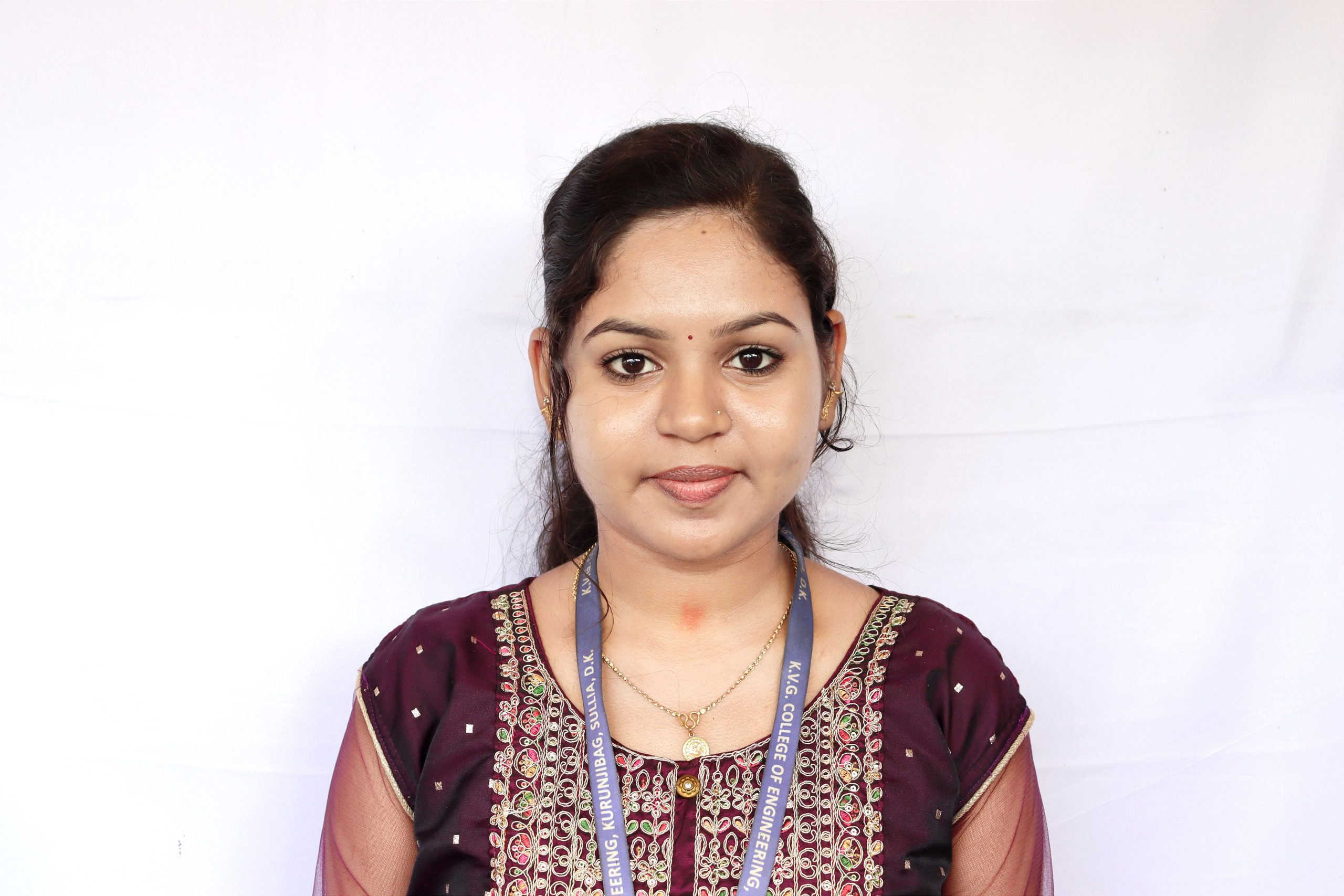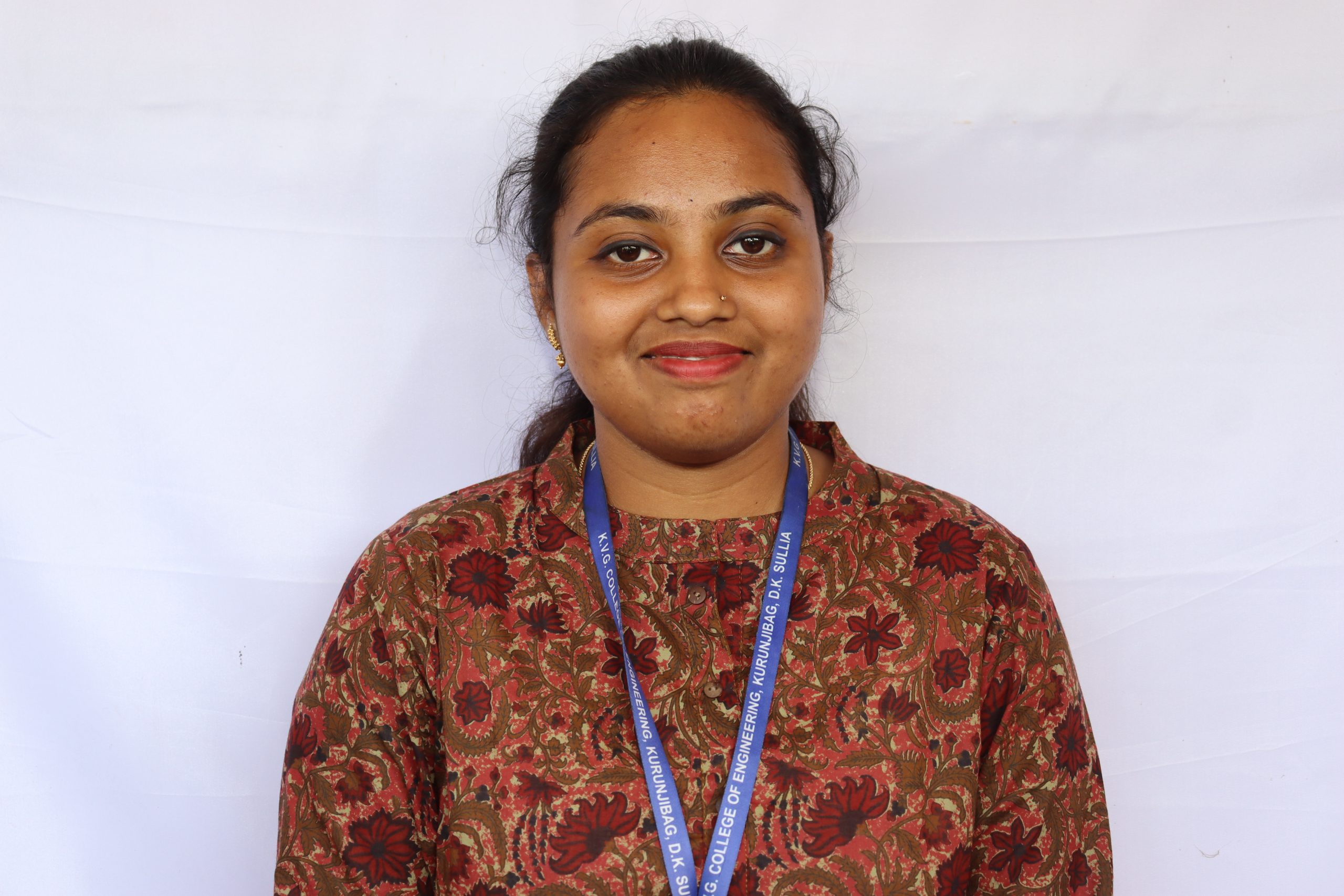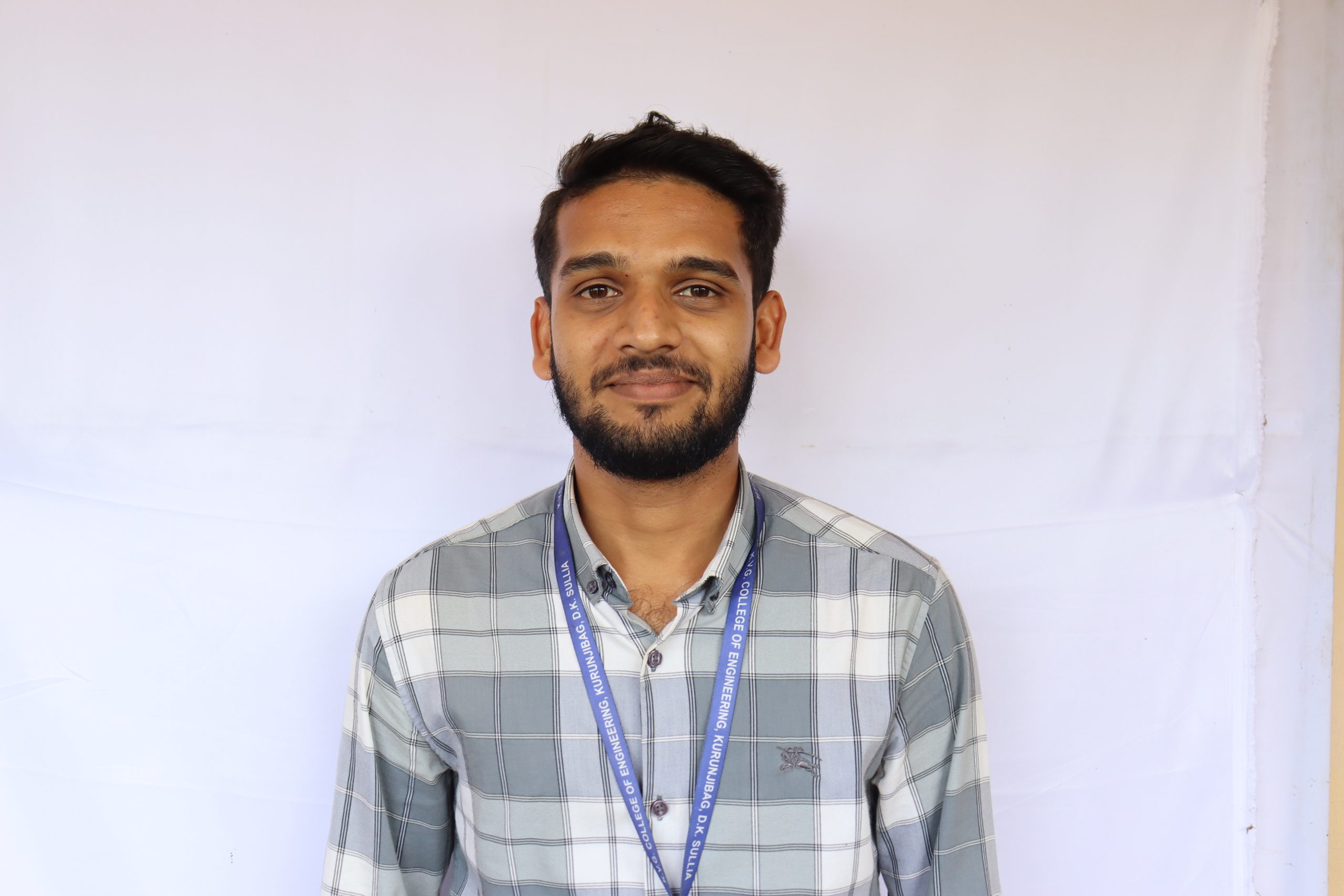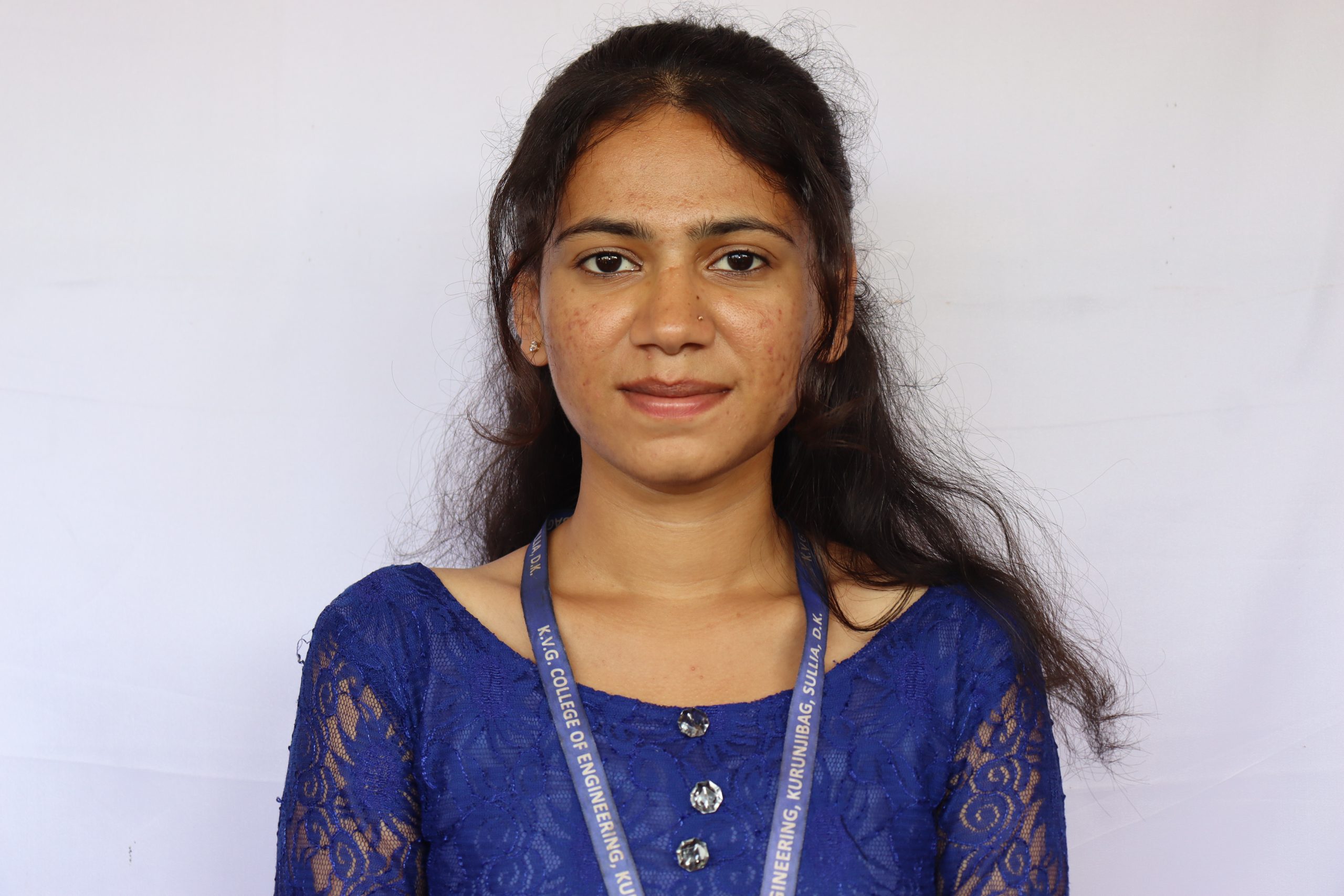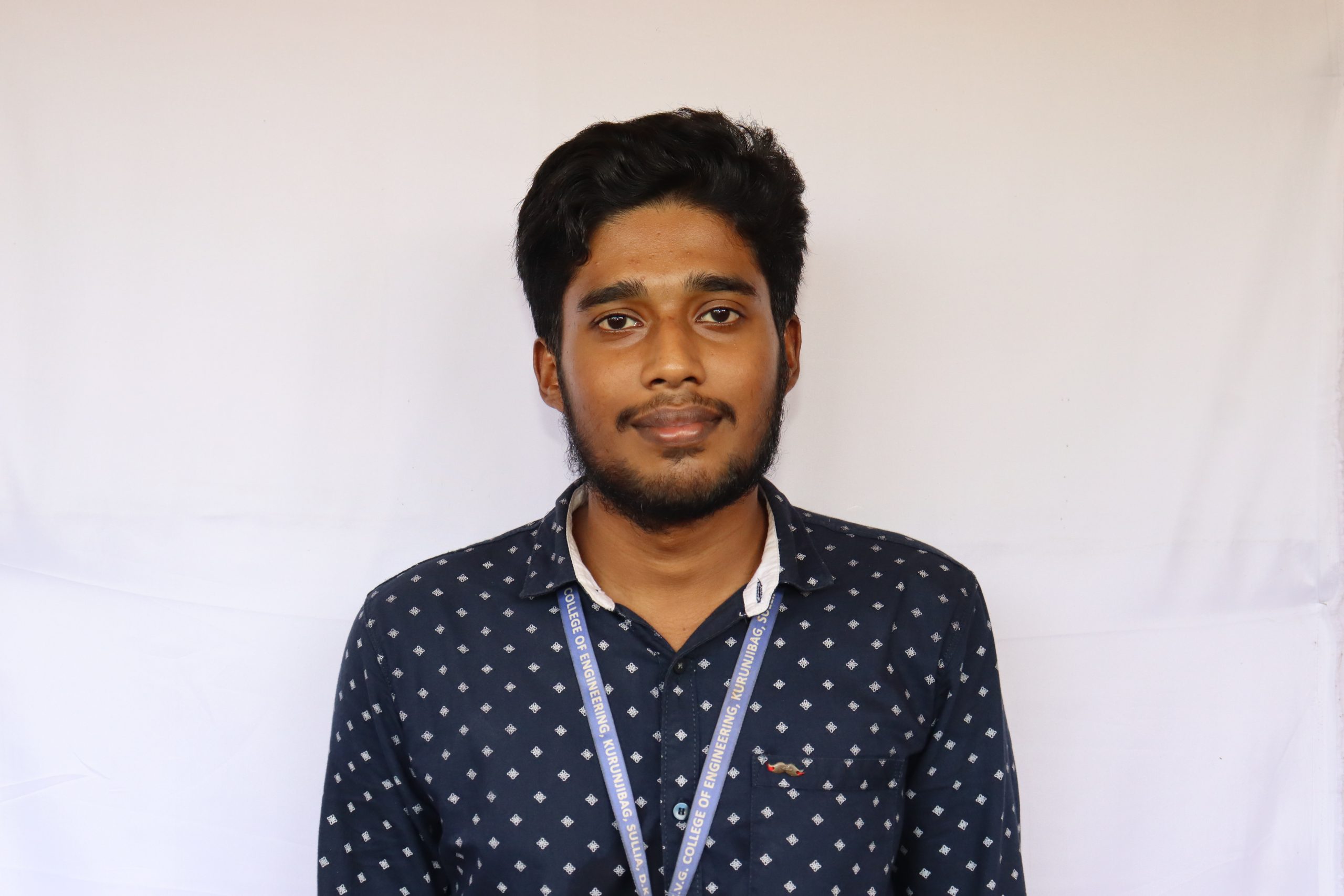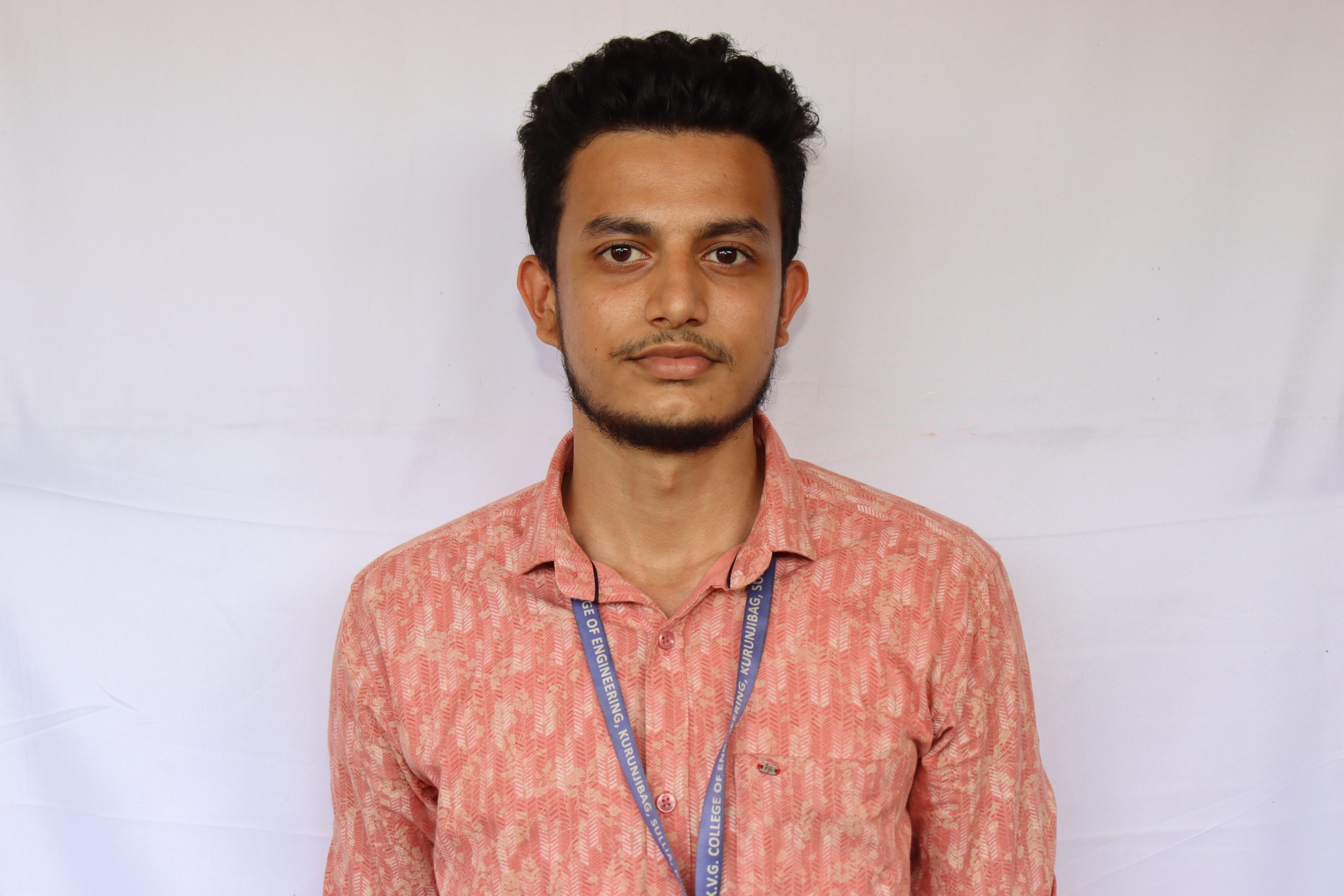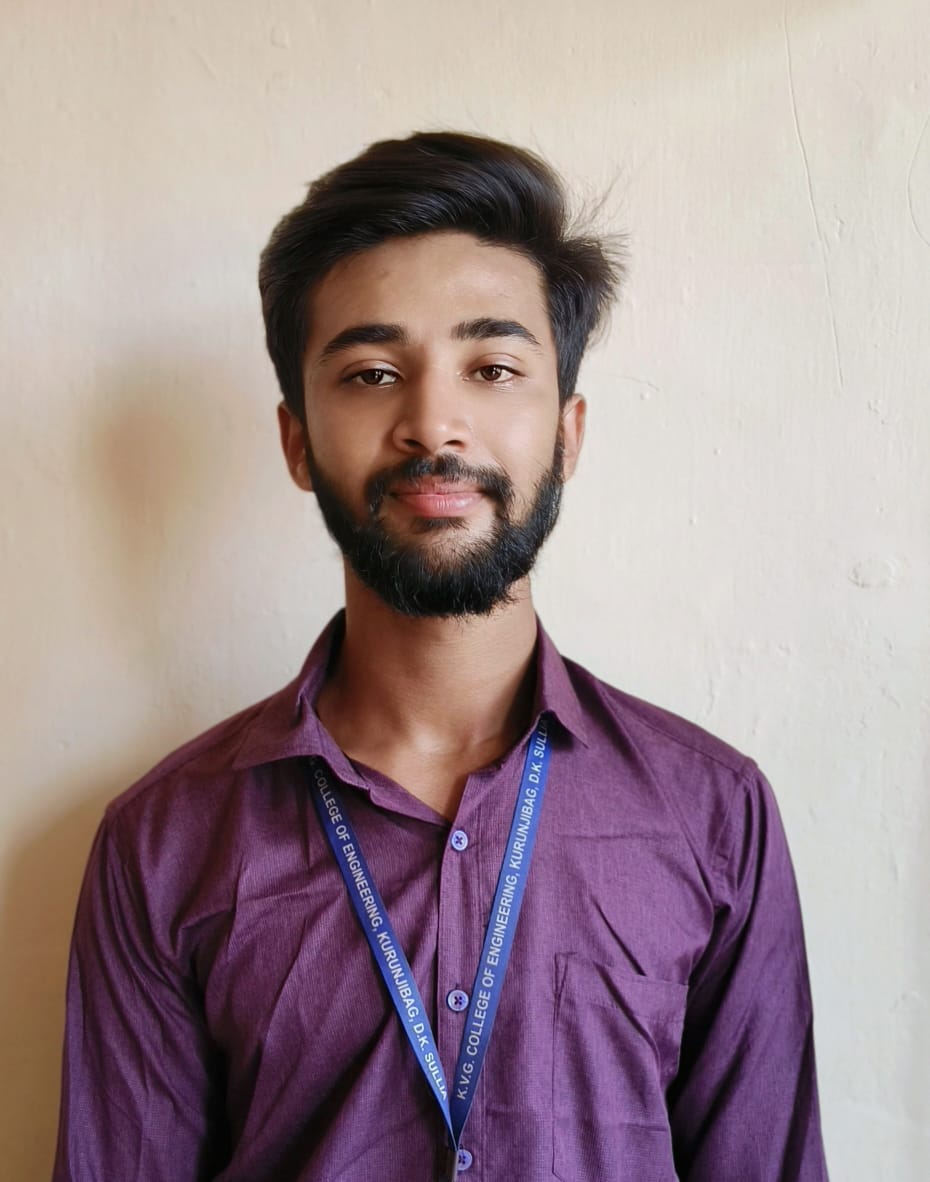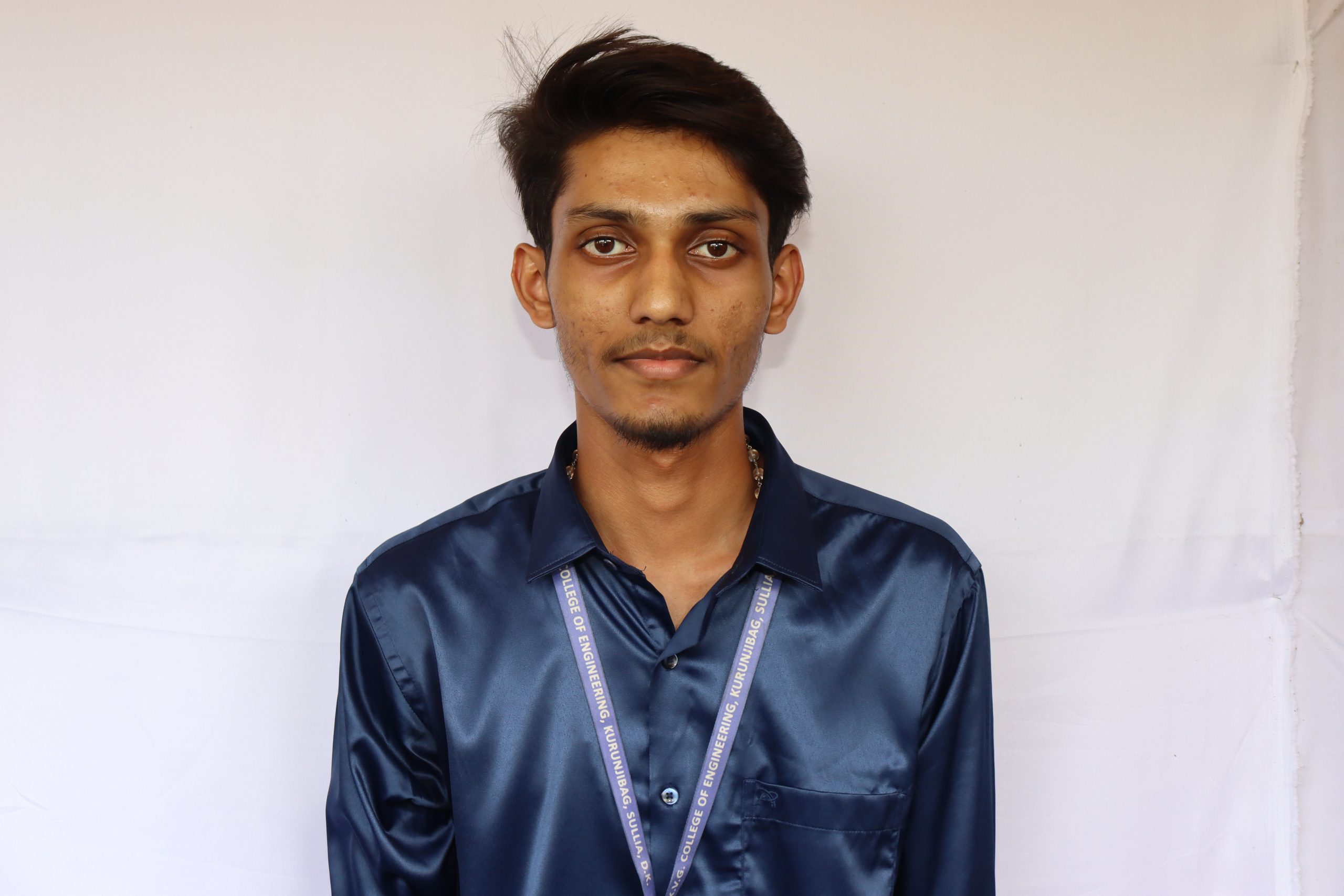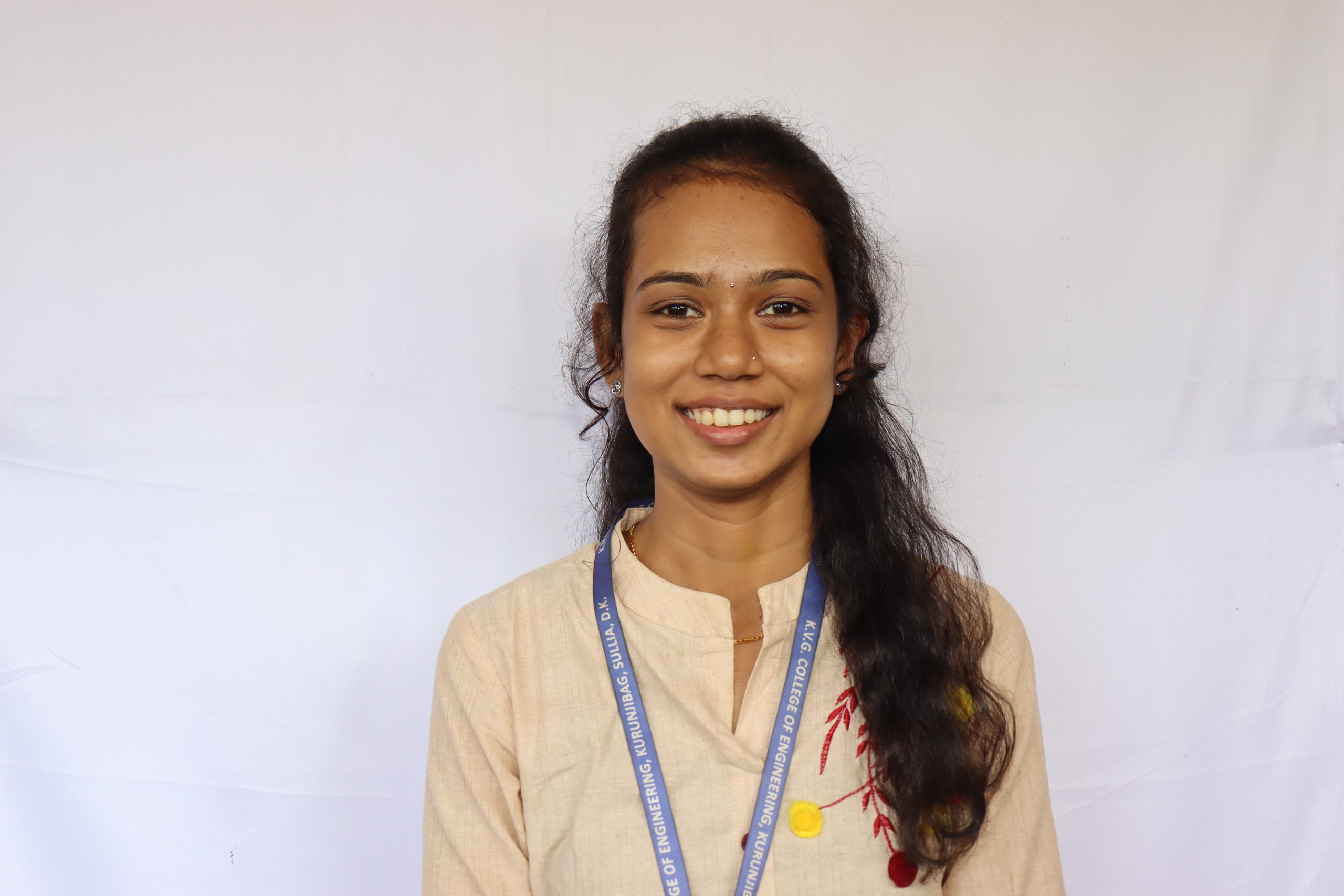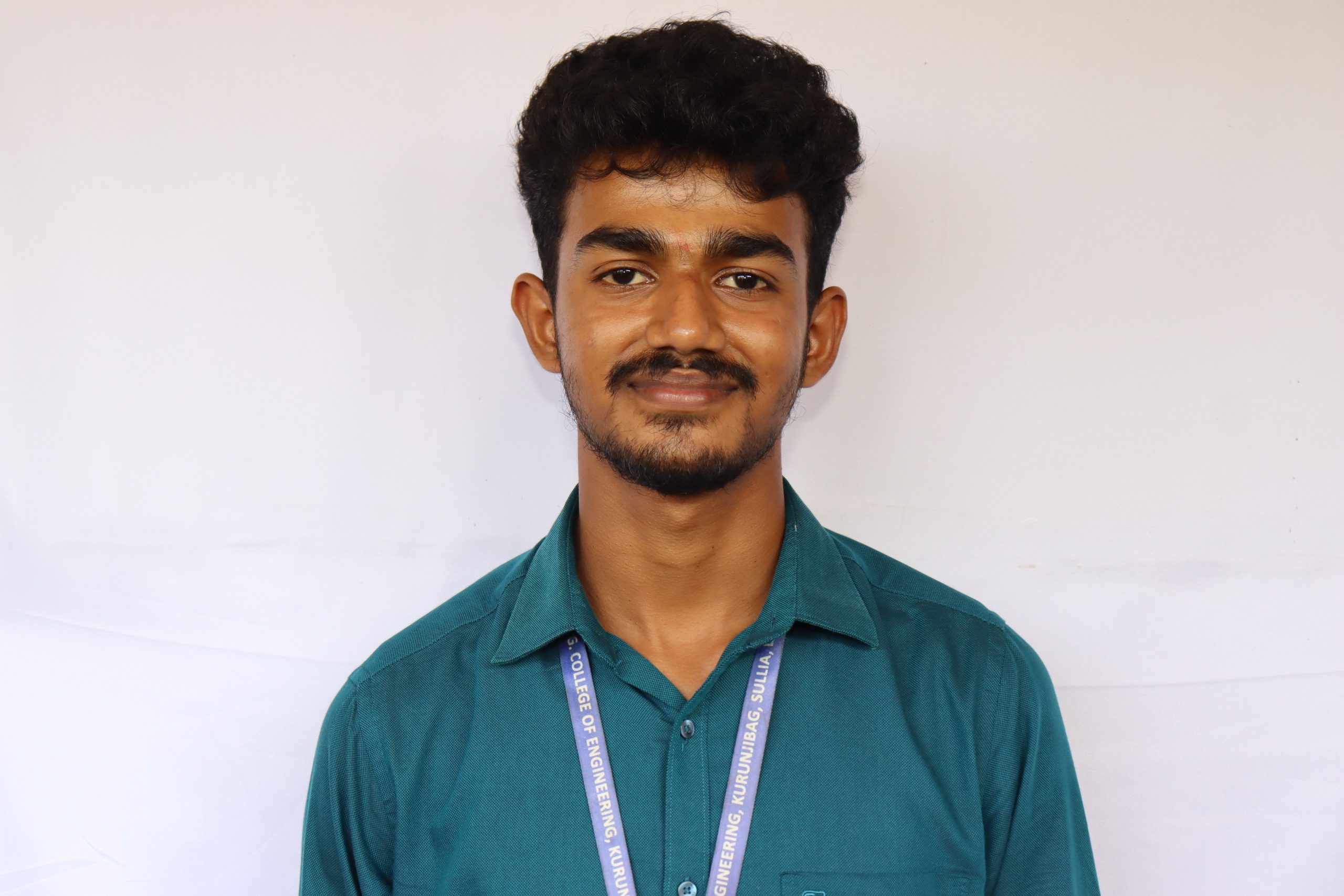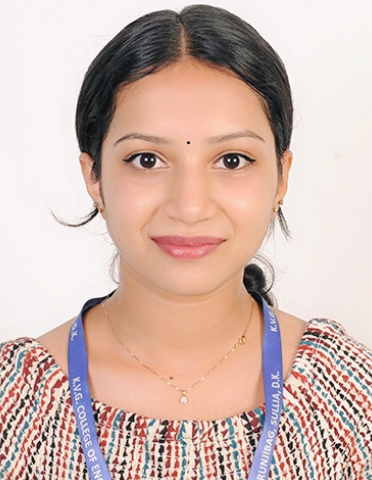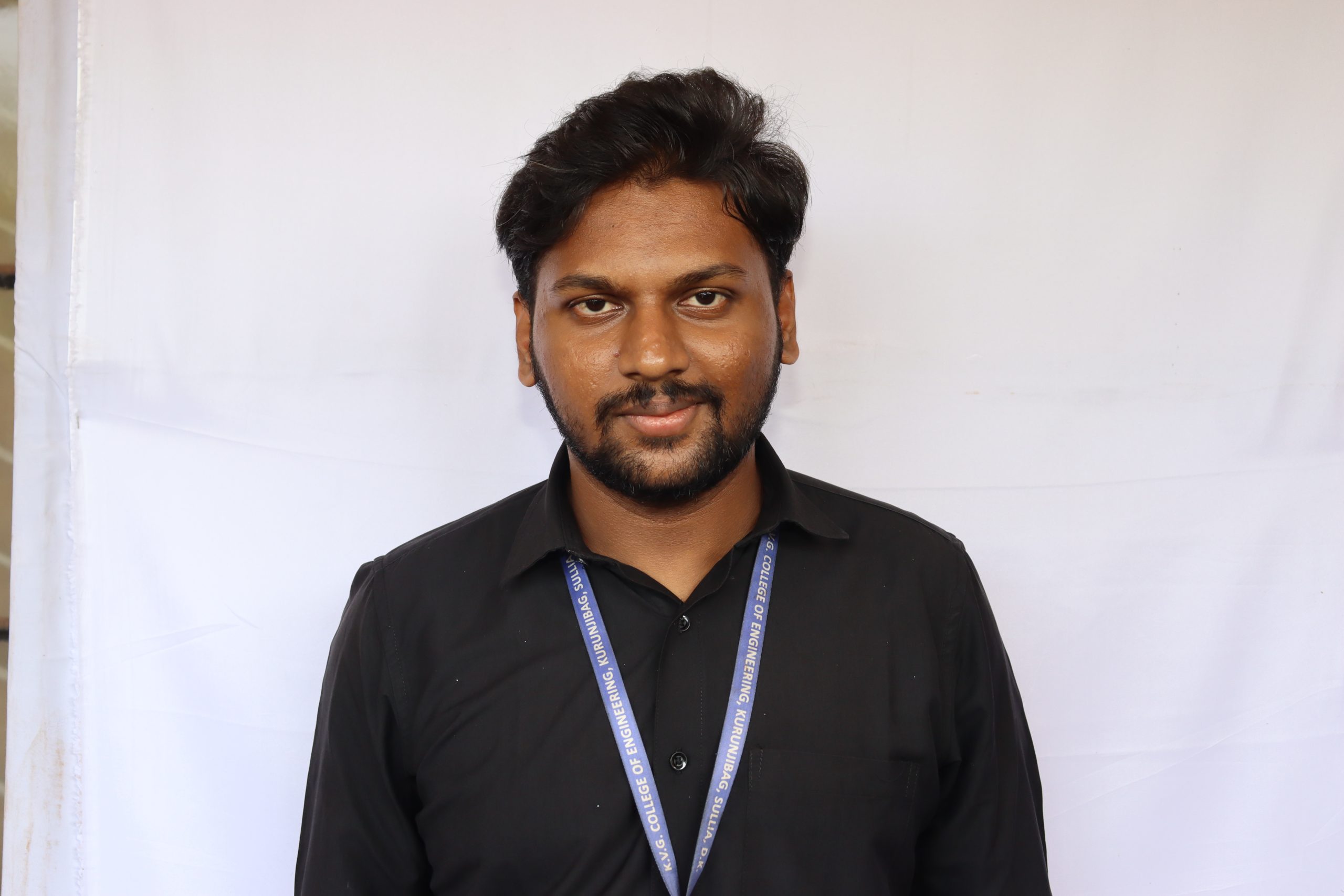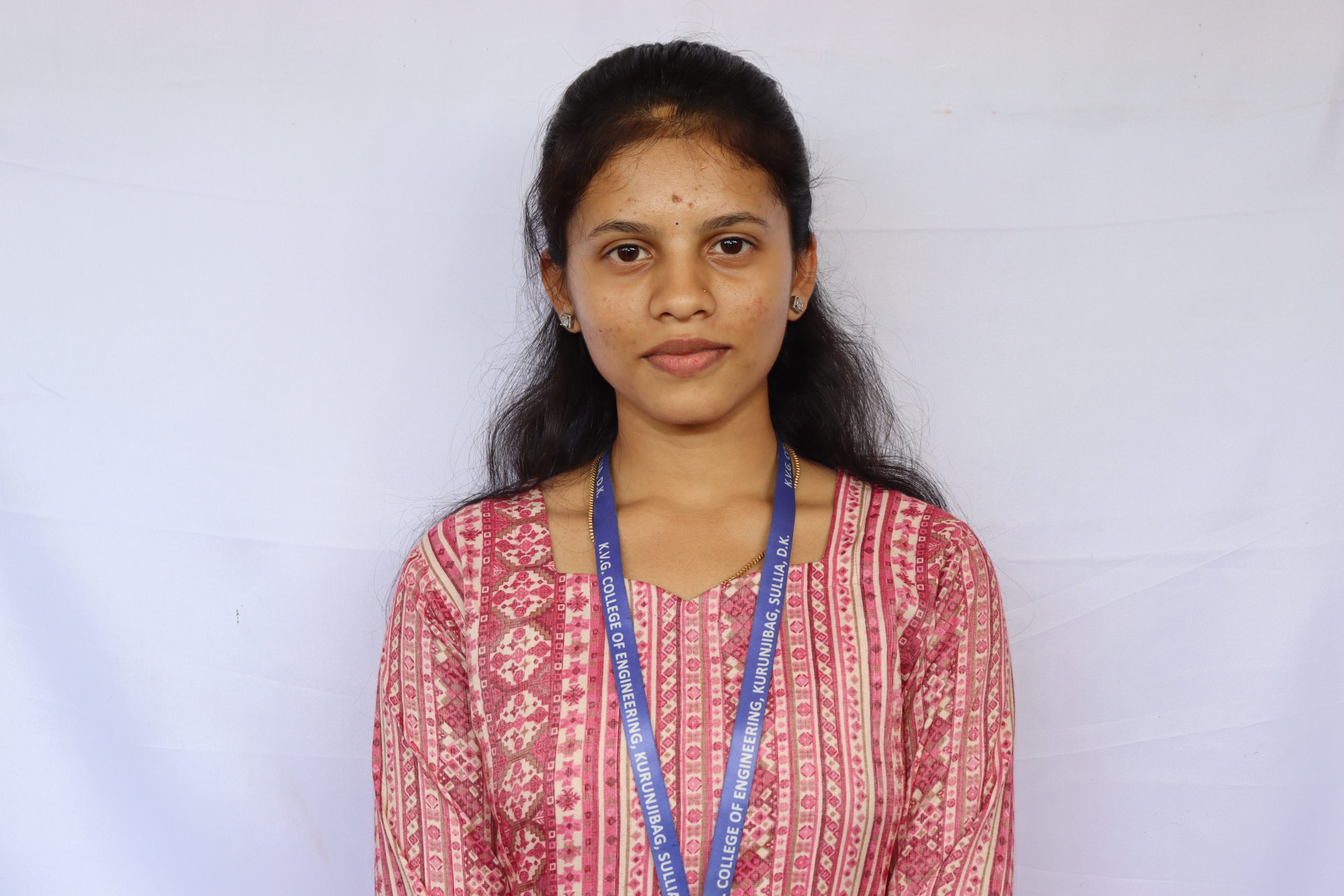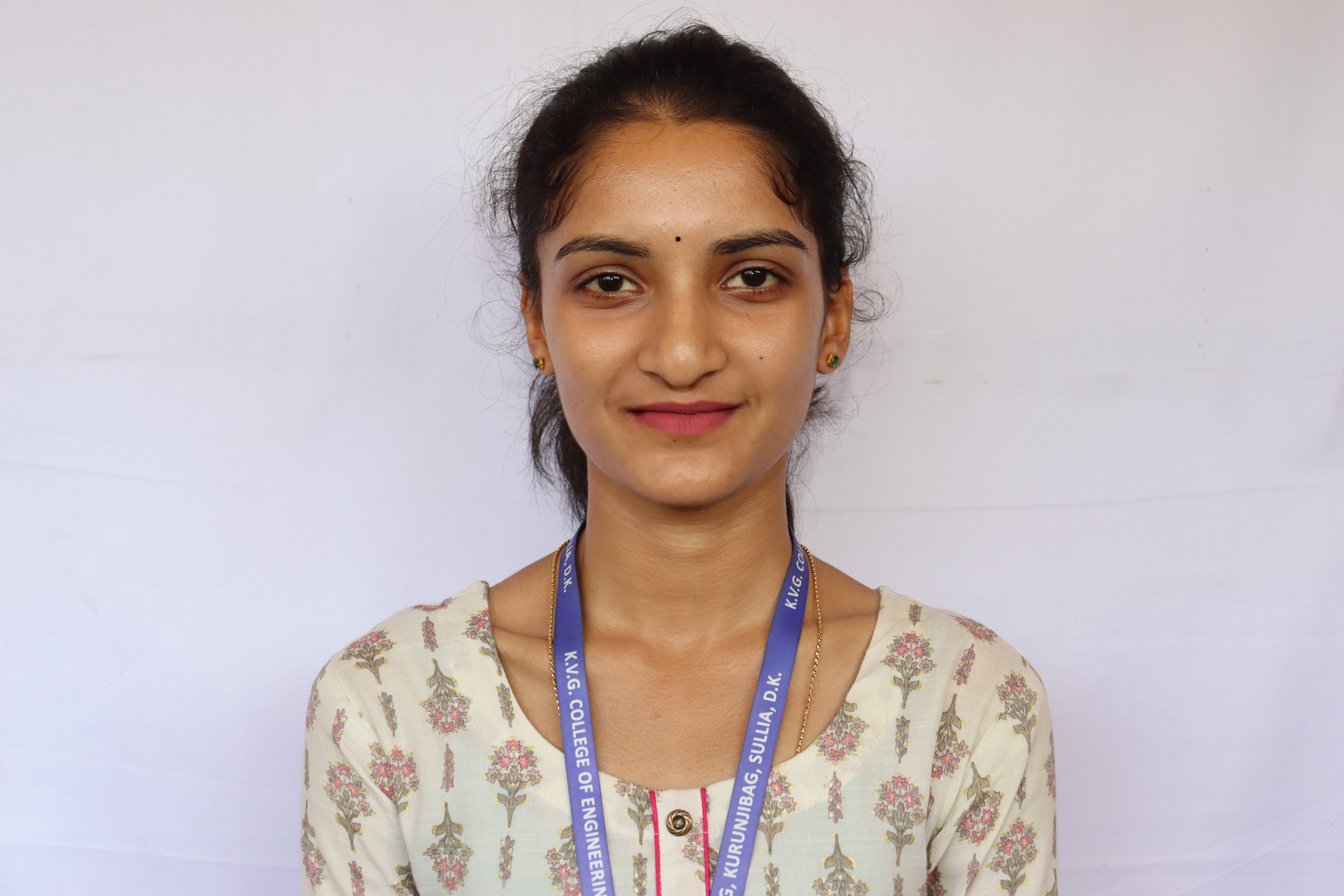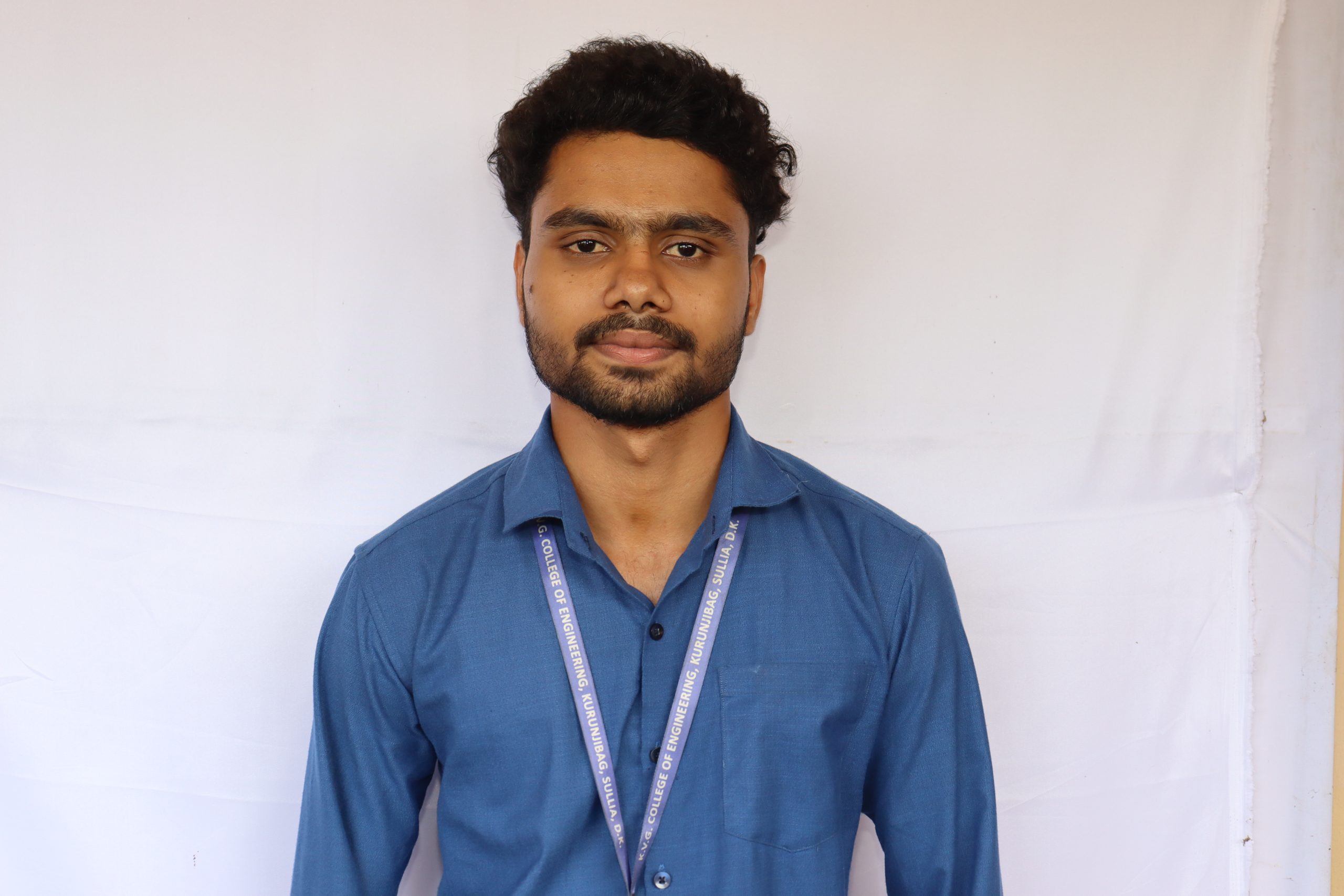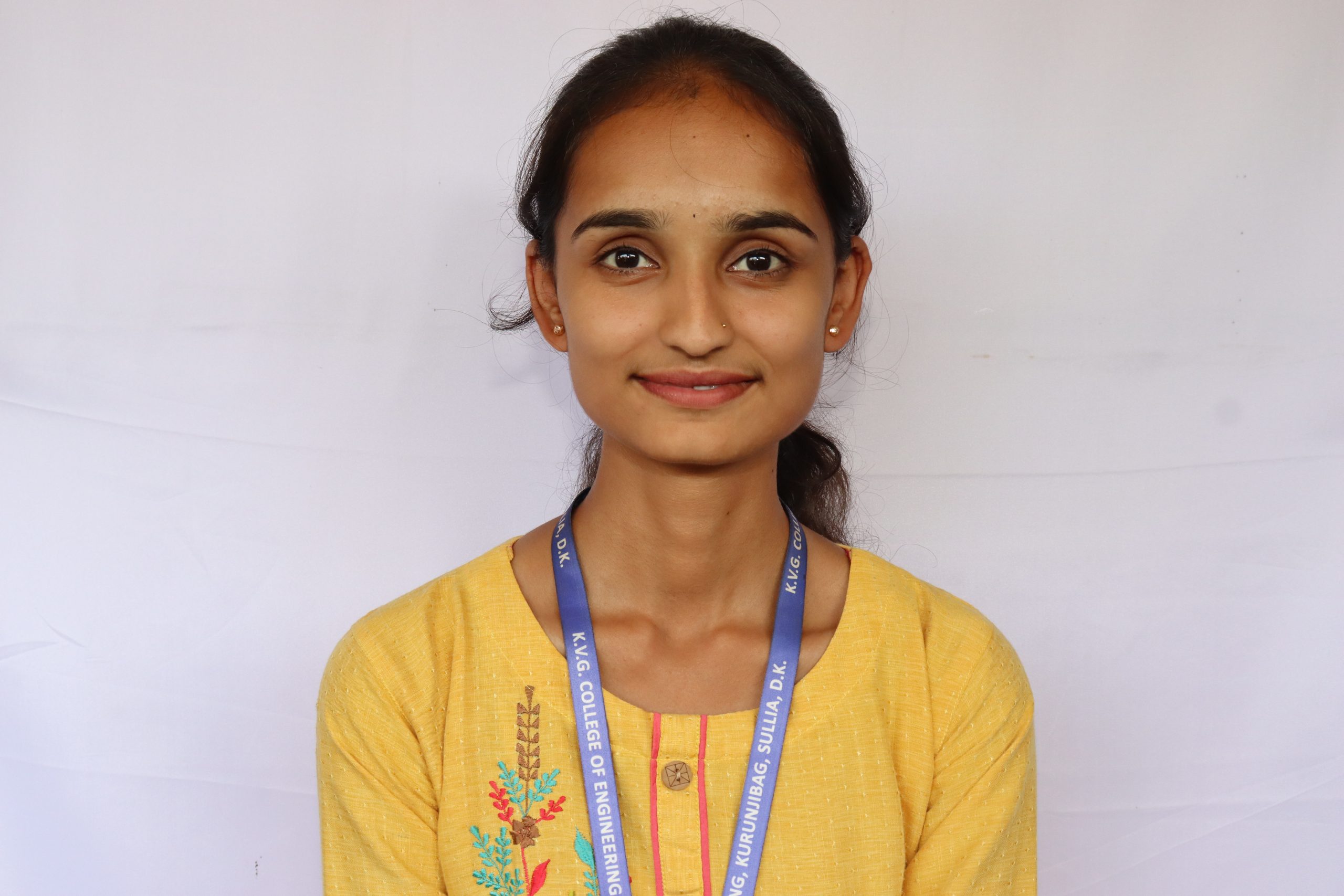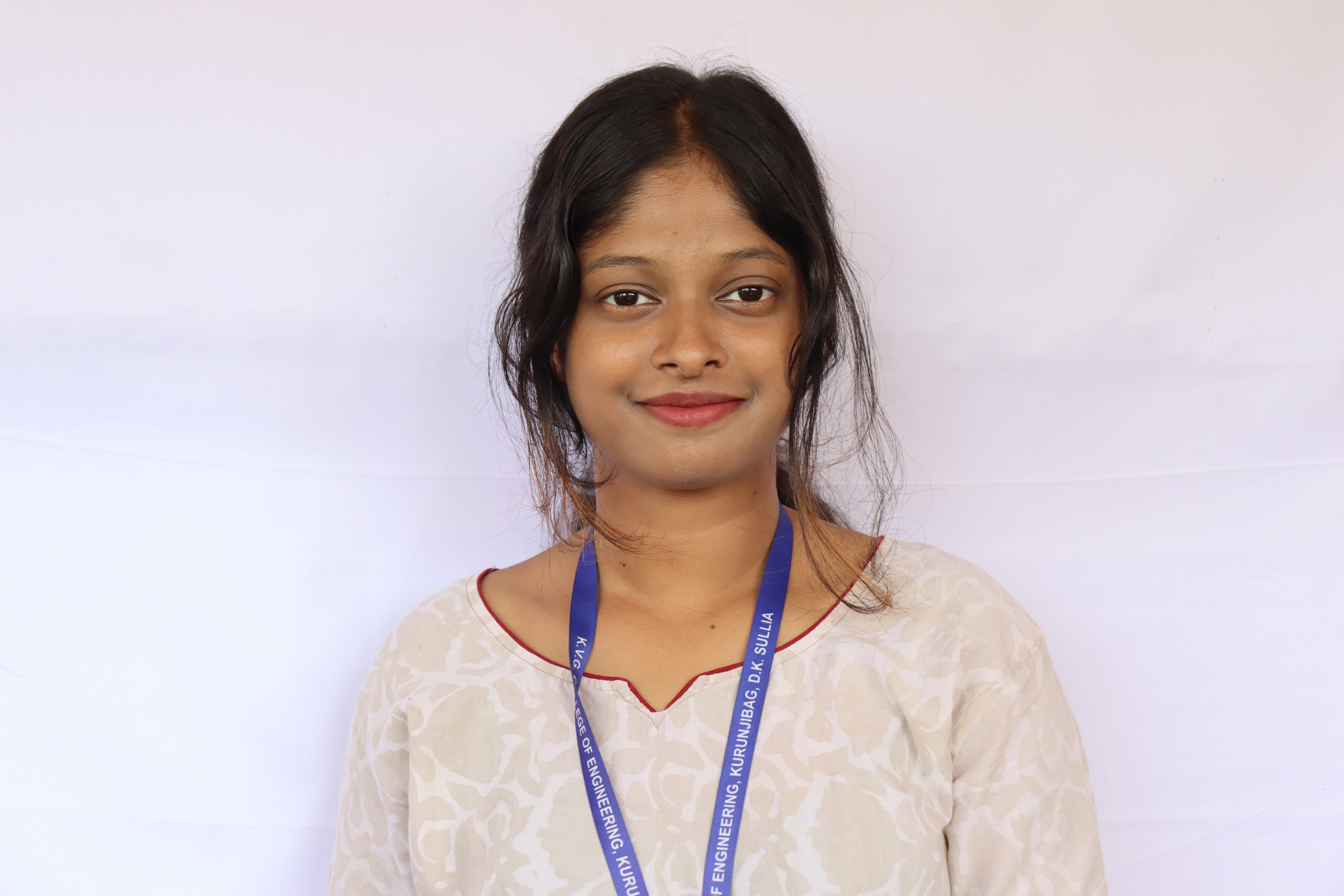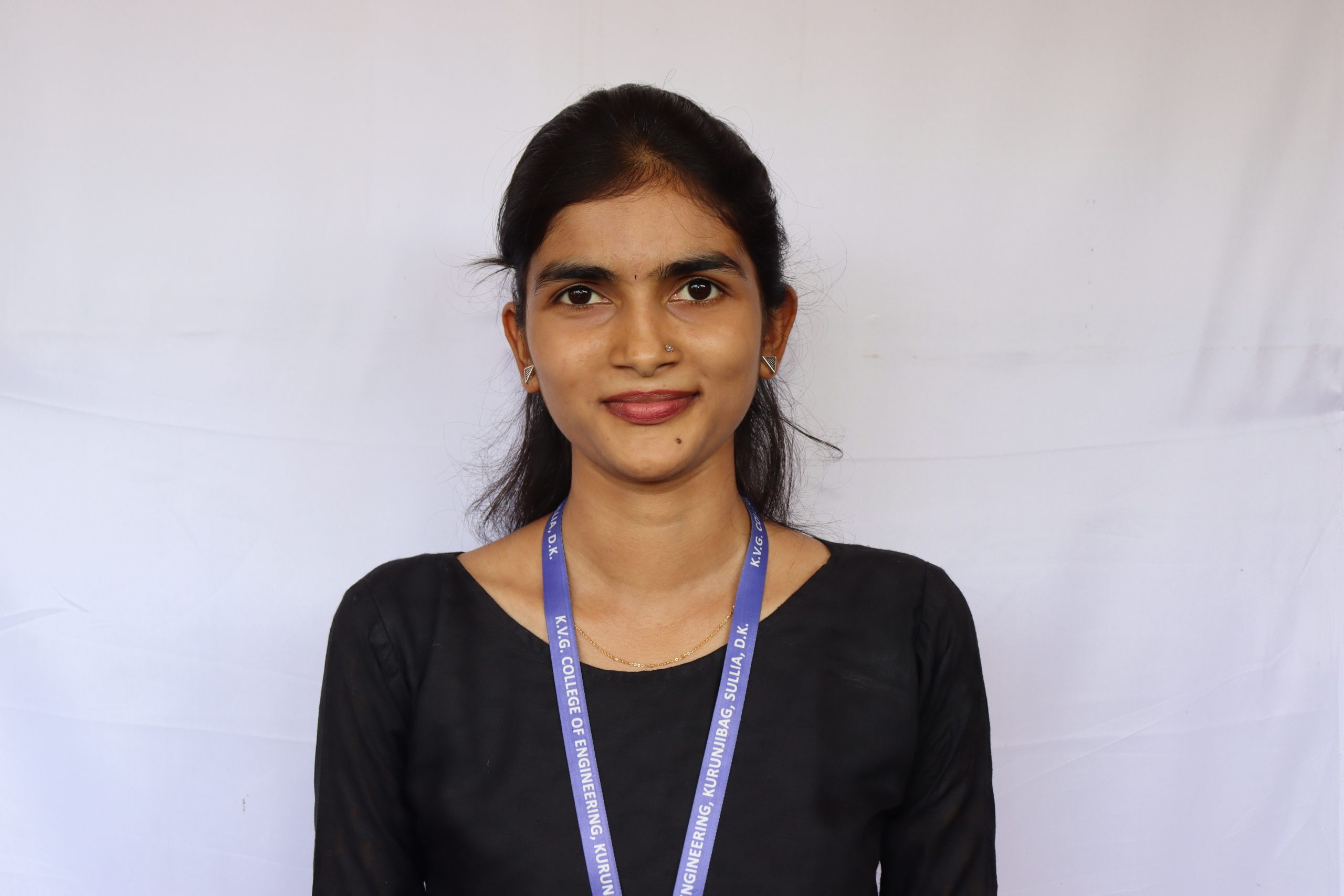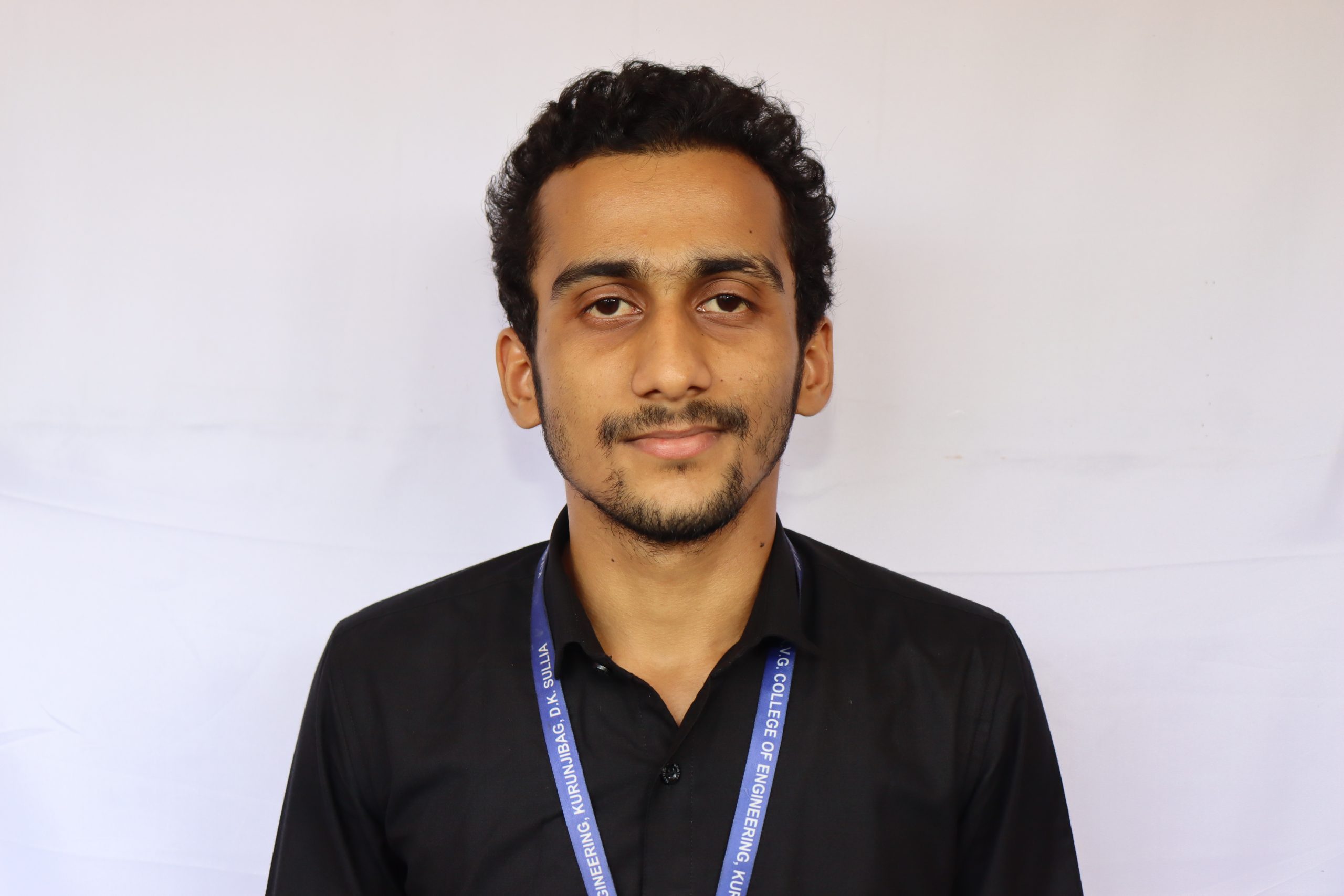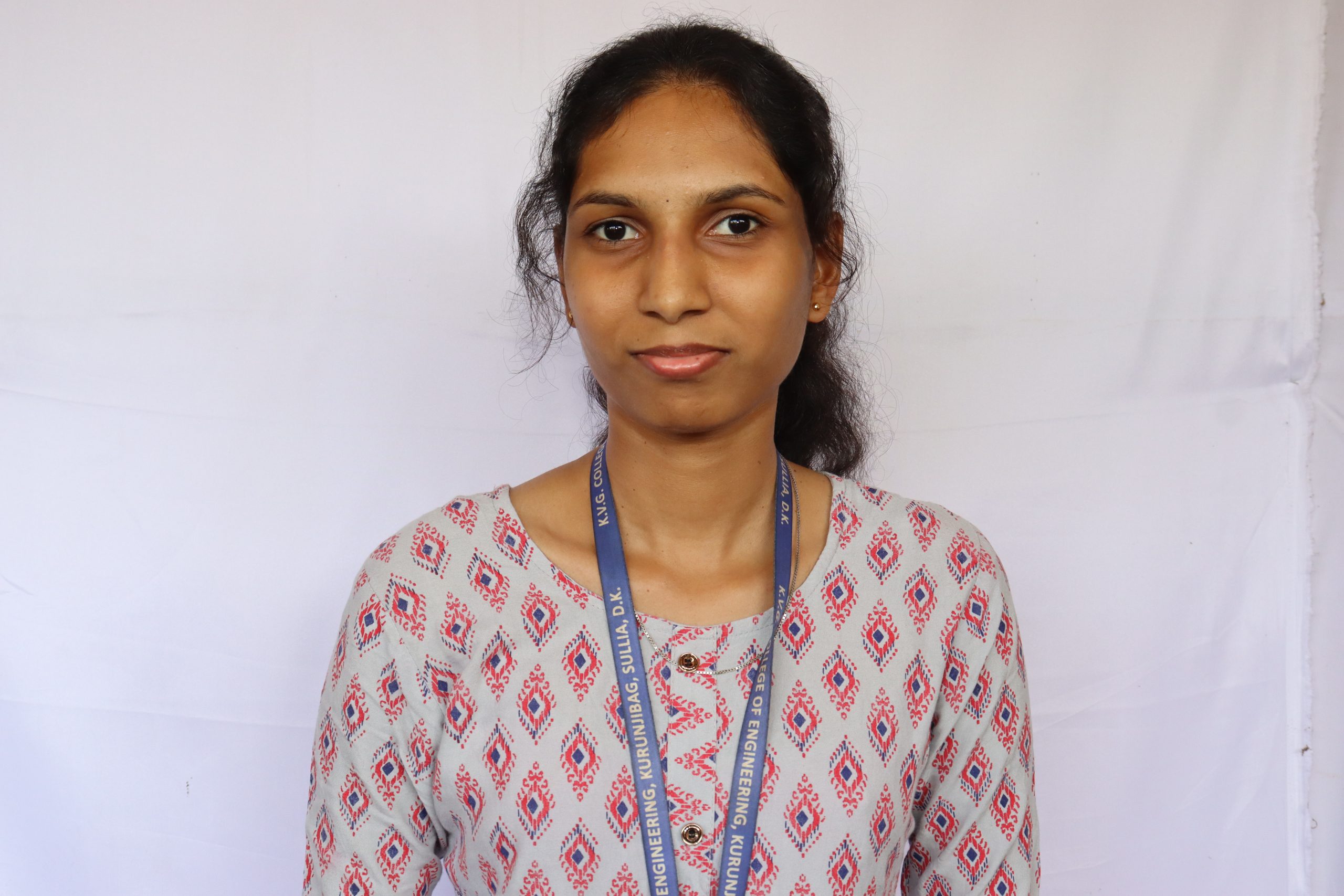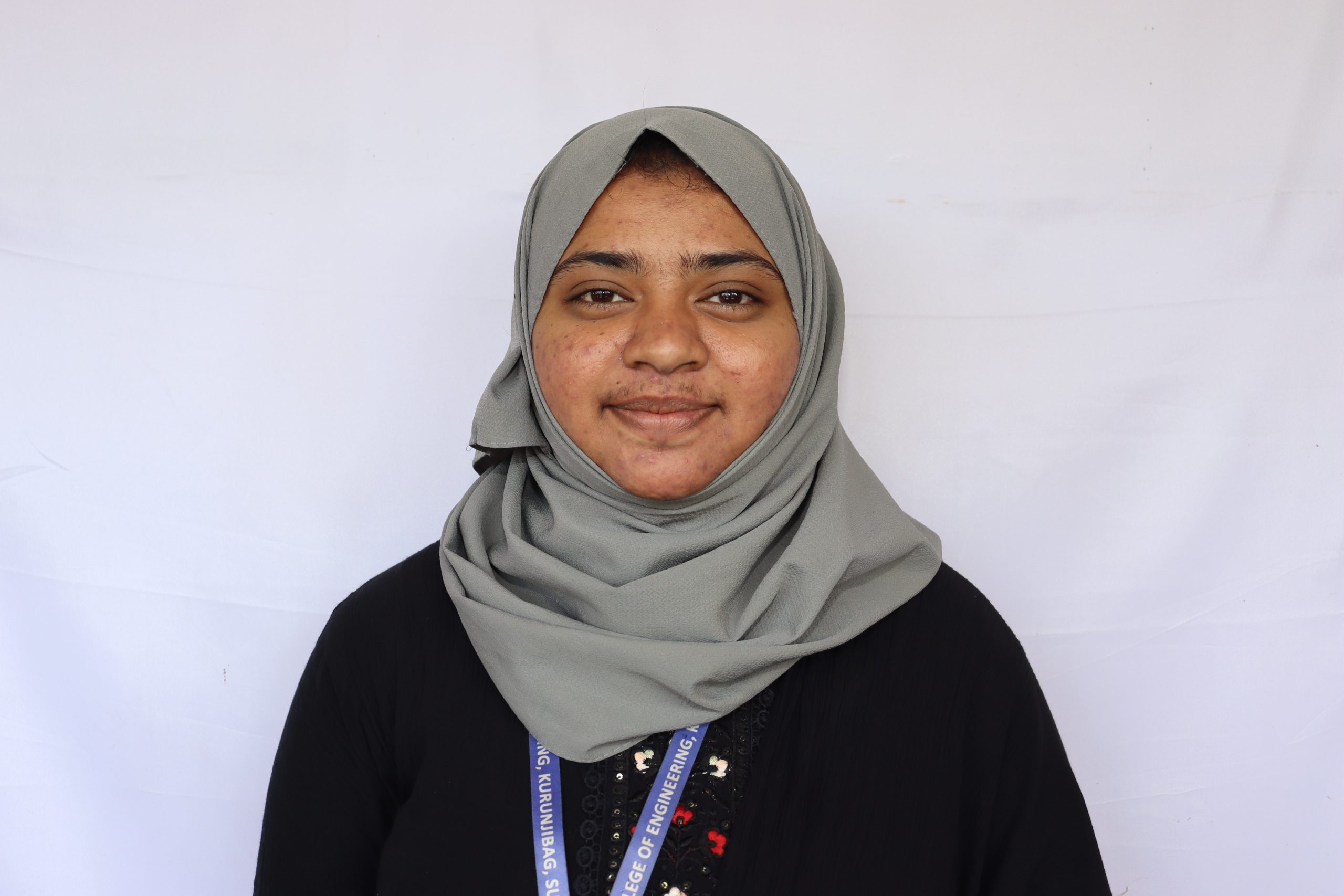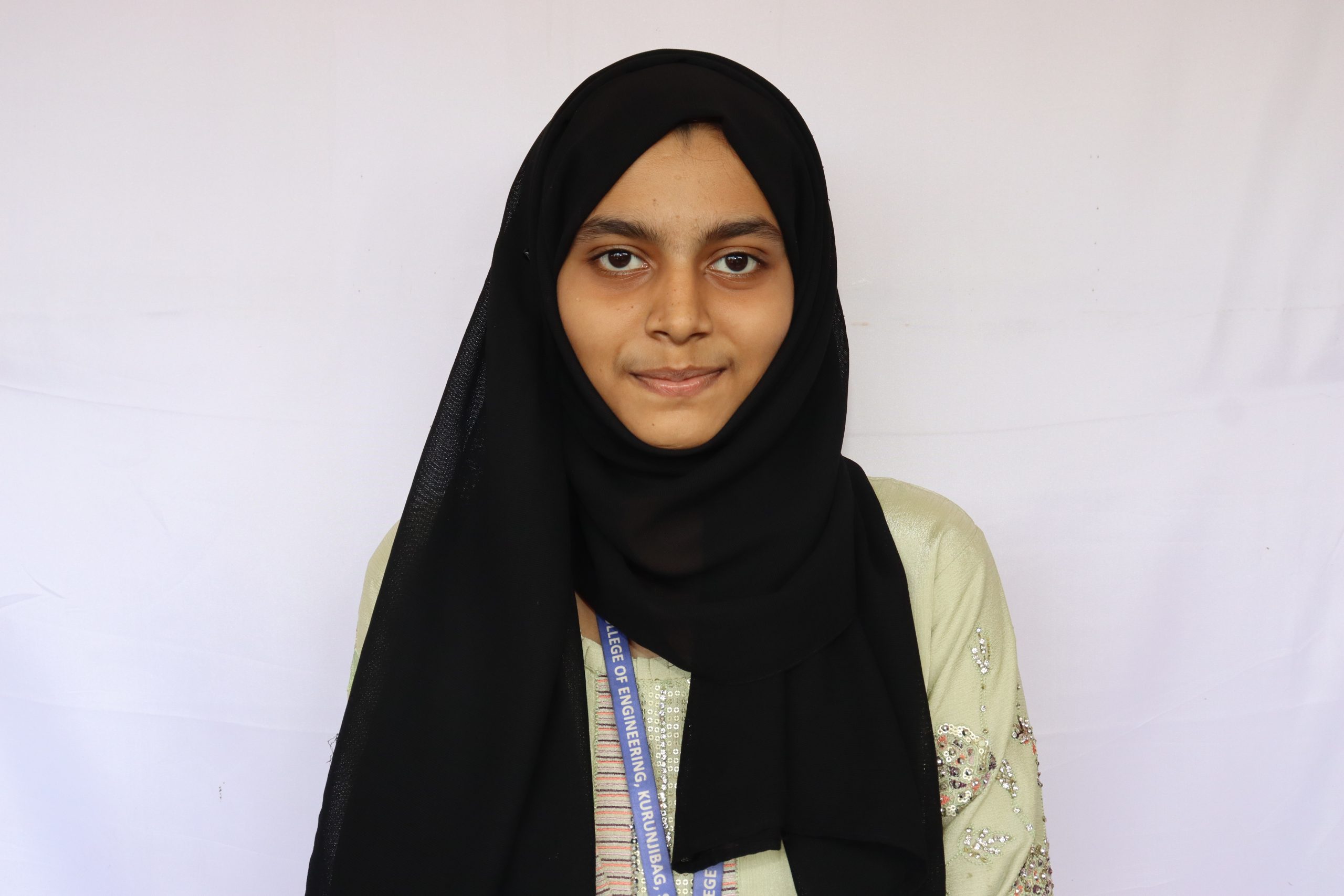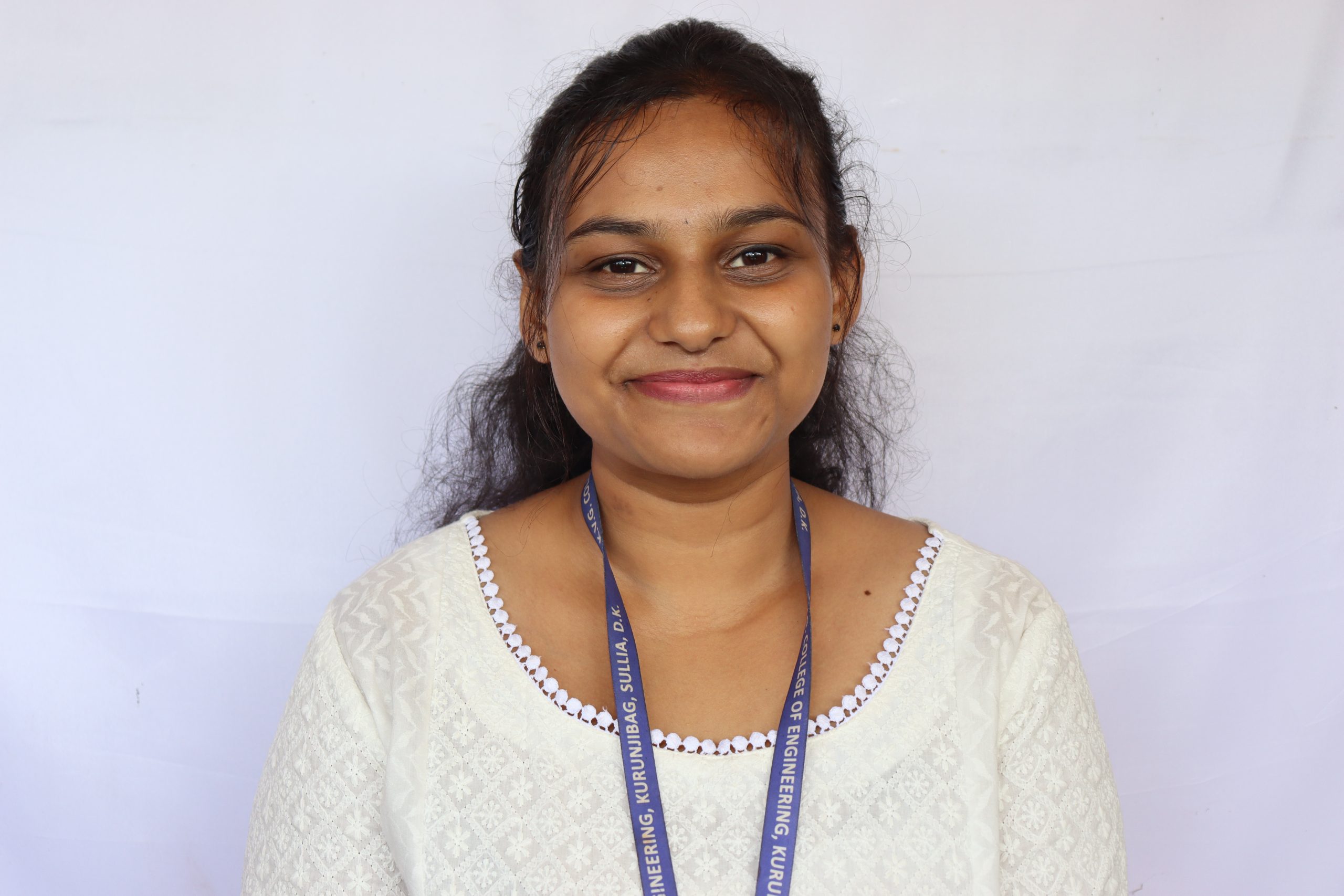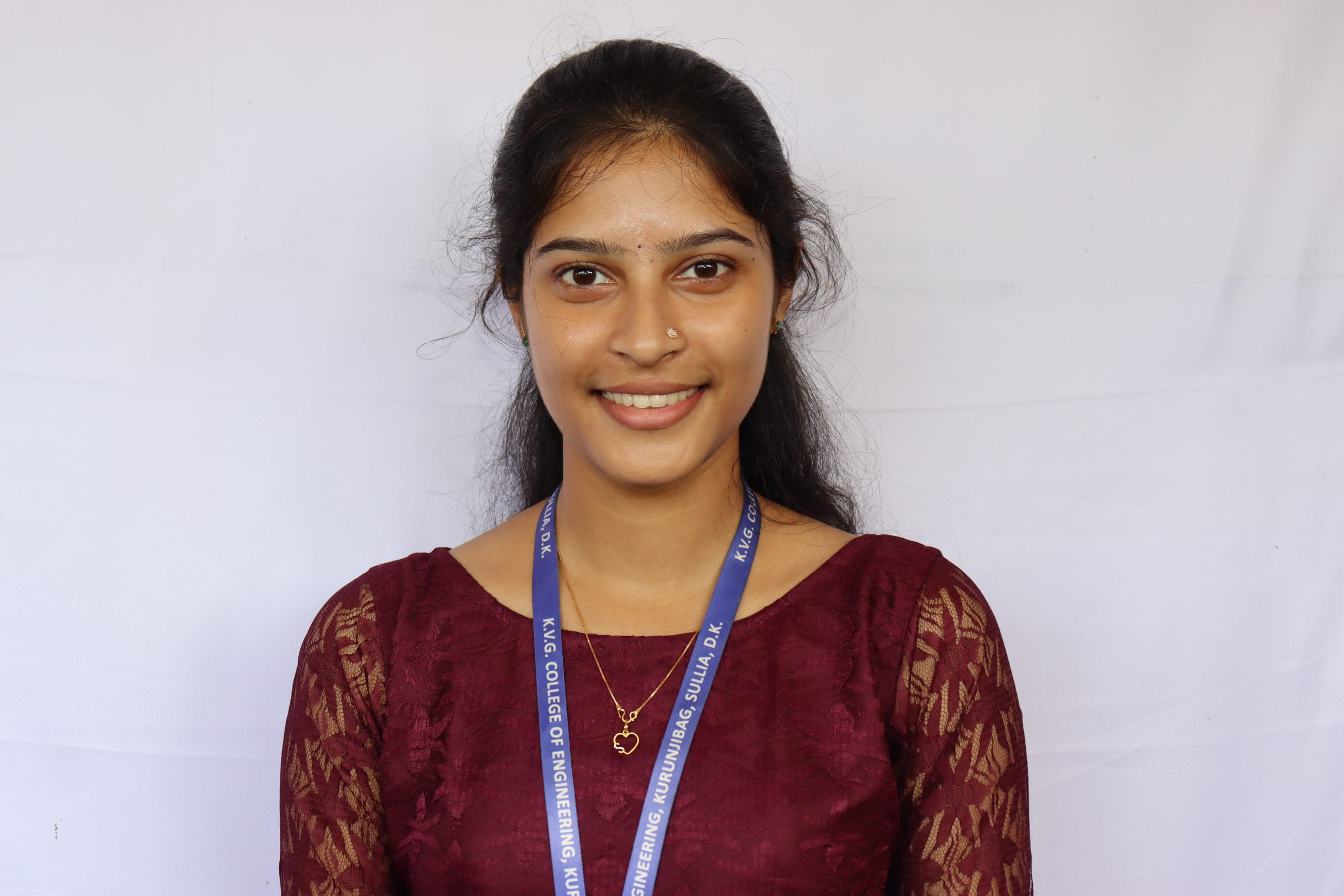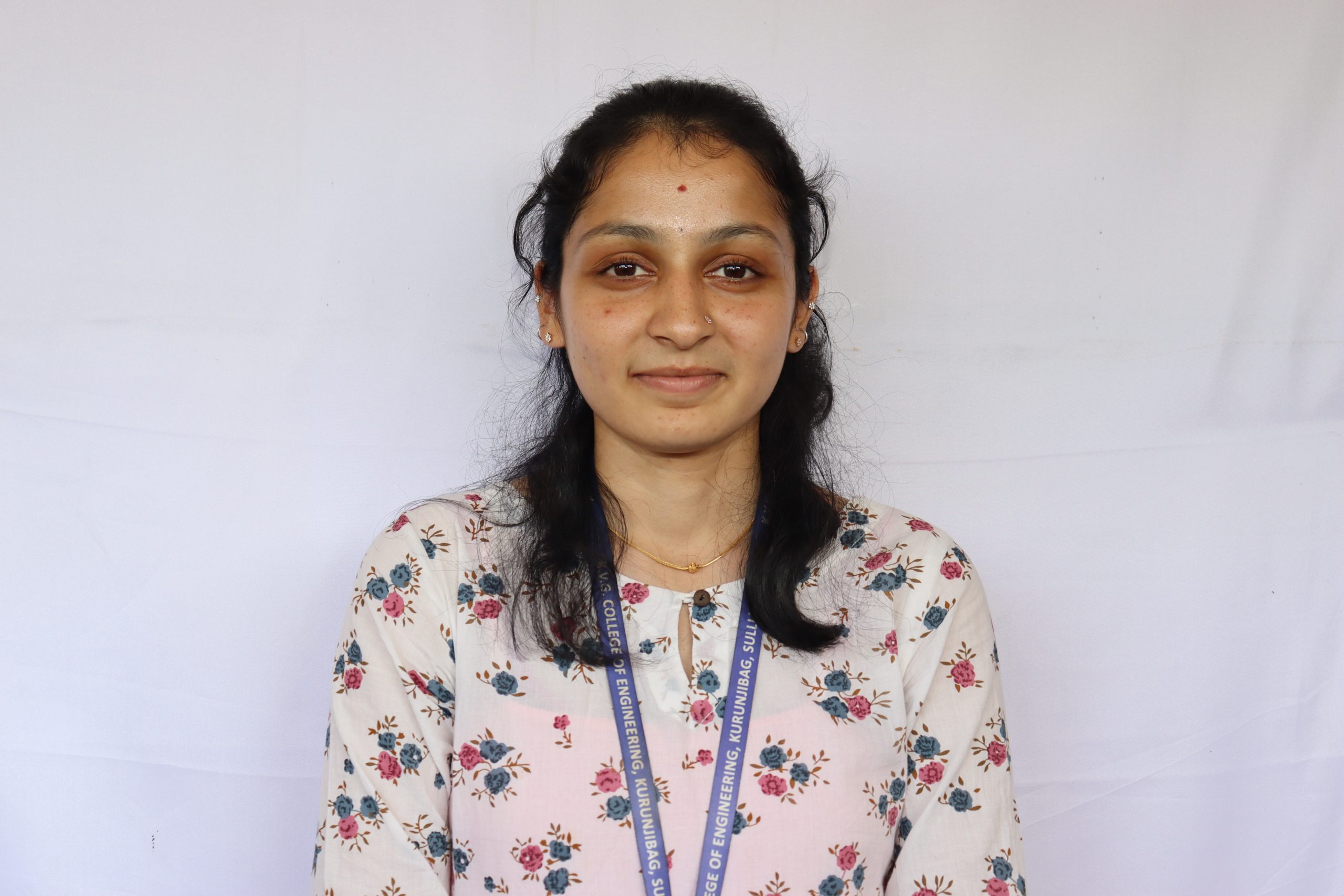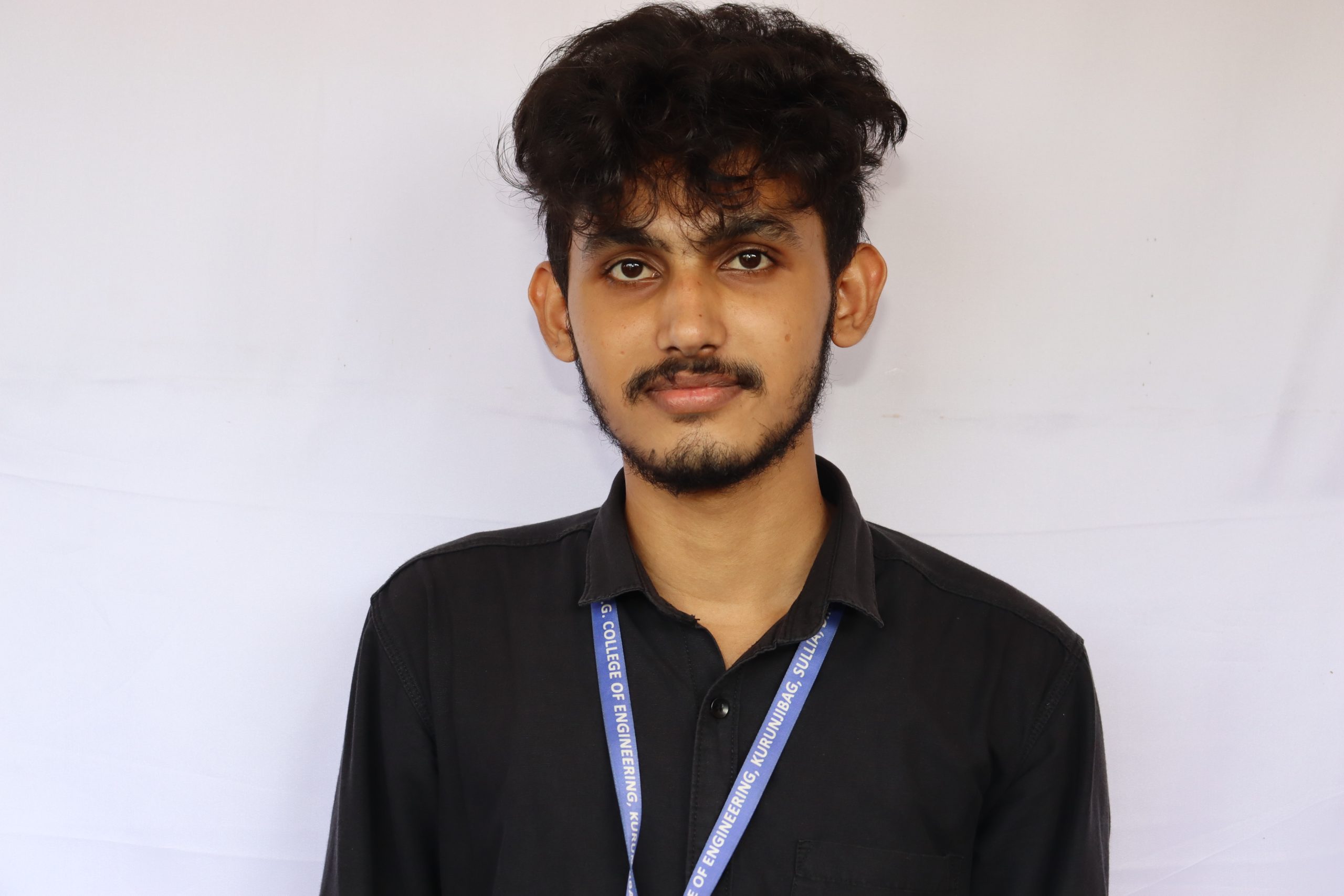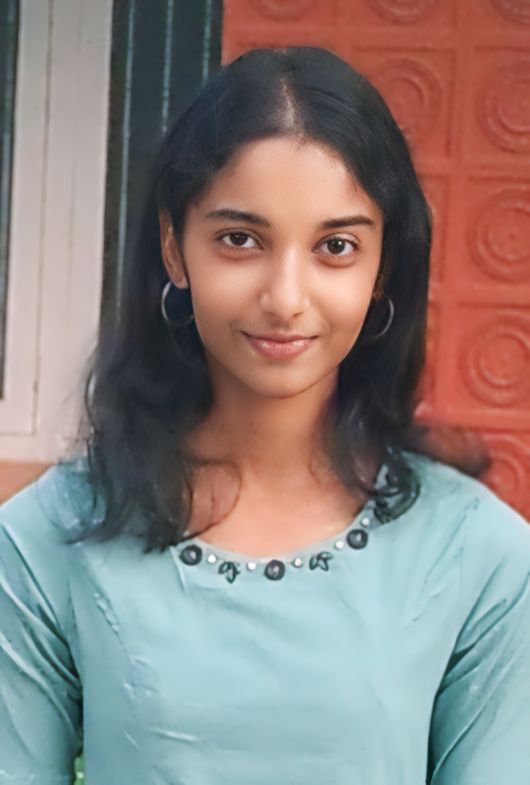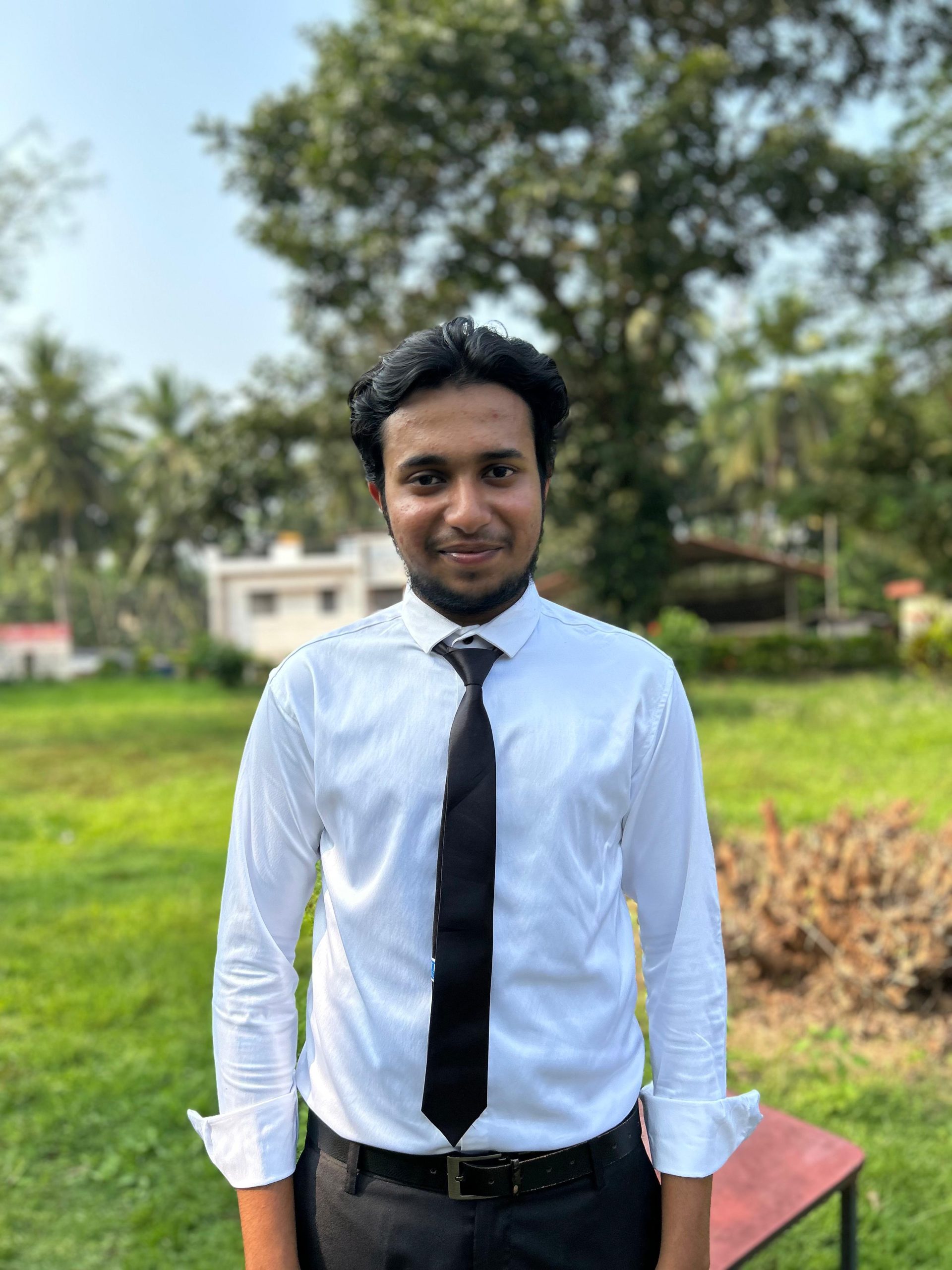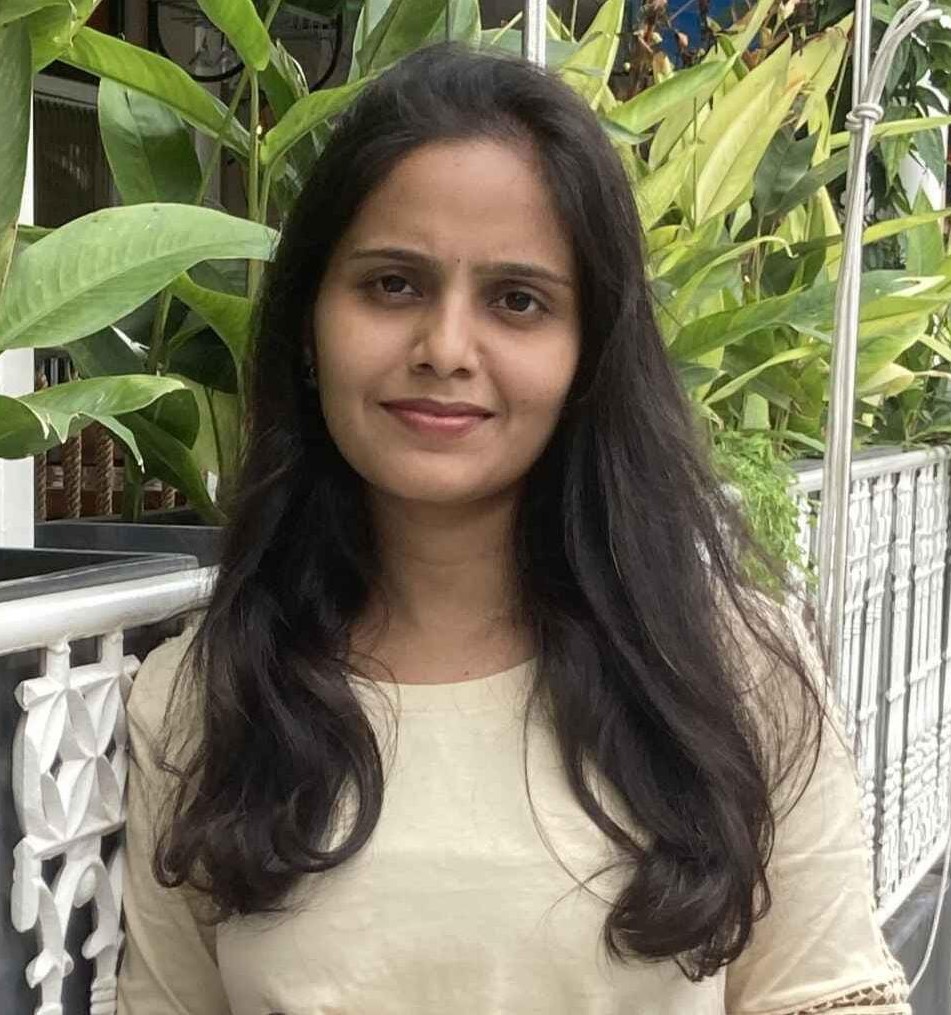HEAD OF THE DEPARTMENT

Dr. UJWAL U J
M.Tech.(NITK), Ph.D(CS&E), MISTE, MIEEE
YOS: 23 Years
ujwalu@yahoo.com 08257-231141 Ext: 5241
About Computer Science and Engineering
The opportunities in the field of Computer Science and Engineering are vast, especially as computers continue to be an integral part of daily life. This program is designed to equip students with strong programming and system-related expertise. It emphasizes the development of skills and knowledge in both hardware and software technologies. The curriculum focuses on system programming and application programming, while also fostering proficiency in Computer Network & Cybersecurity, Artificial Intelligence & Machine Learning, Cloud Computing & DevOps, and Soft Skills.
To produce qualified Computer Science & Engineering graduates with human values and ethics
M1: Impart students with strong fundamental concepts, analytical capability, programming and problem-solving skills.
M2: Encourage an ambience of education through faculty training, self-learning, sound academic practices and Industry related endeavors.
M3: Imbibe environment Conciseness, social awareness and responsibility in students to serve the society.
PEO 1: Apply Engineering Basics
Analyze Engineering Challenges through application of mathematical and Algorithmic principles for real life technology projects.
PEO 2: Engineering Skills and techniques
Apply skills like Analyzing, Designing, Implementing and Testing of Major and Minor Projects.
PEO 3: Individual and Team Work
Exhibit collaborative abilities in the engineering projects like Communication Skill, work as individual or in a team with a sense of Social Responsibility.
PEO 4: Life Long Learning
Initiate technological and skills required for comprehensive contribution as experts in the Chosen Profession.
PROGRAM OUTCOMES (POs)
Engineering Graduates will be able to:
Engineering knowledge: Apply the knowledge of mathematics, science, engineering fundamentals, and an engineering specialization to the solution of complex engineering problems.
Problem analysis: Identify, formulate, review research literature, and analyze complex engineering problems reaching substantiated conclusions using first principles of mathematics, natural sciences, and engineering sciences.
Design/development of solutions: Design solutions for complex engineering problems and design system components or processes that meet the specified needs with appropriate consideration for the public health and safety, and the cultural, societal, and environmental considerations.
Conduct investigations of complex problems: Use research-based knowledge and research methods including design of experiments, analysis and interpretation of data, and synthesis of the information to provide valid conclusions.
Modern tool usage: Create, select, and apply appropriate techniques, resources, and modern engineering and IT tools including prediction and modeling to complex engineering activities with an understanding of the limitations.
The engineer and society: Apply reasoning informed by the contextual knowledge to assess societal, health, safety, legal and cultural issues and the consequent responsibilities relevant to the professional engineering practice.
Environment and sustainability: Understand the impact of the professional engineering solutions in societal and environmental contexts, and demonstrate the knowledge of, and need for sustainable development.
Ethics: Apply ethical principles and commit to professional ethics and responsibilities and norms of the engineering practice.
Individual and team work: Function effectively as an individual, and as a member or leader in diverse teams, and in multidisciplinary settings.
Communication: Communicate effectively on complex engineering activities with the engineering community and with society at large, such as, being able to comprehend and write effective reports and design documentation, make effective presentations, and give and receive clear instructions.
Project management and finance: Demonstrate knowledge and understanding of the engineering and management principles and apply these to one’s own work, as a member and leader in a team, to manage projects and in multidisciplinary environments.
Life-long learning: Recognize the need for, and have the preparation and ability to engage in independent and life-long learning in the broadest context of technological change.
PROGRAM SPECIFIC OBJECTIVES (PSOs)
PSO 1: PROBLEM SOLVING AND APPLICATION EVELOPMENT SKILLS
The ability to understand the functionality of hardware and software aspects to solve problems using mathematical analysis, design, implement, test and conduct study in the domain of application development, authentication, network security, standard software engineering and professional practice to evolve optimal solutions.
PSO 2: ETHICS AND CAREER DEVELOPMENT
Exhibit skills required for a successful career in the industry based on principles of software project management, teamwork and ethical practices, develop entrepreneurship skills and provide innovative ideas towards solving real time problems.
The Department of Computer Science and Engineering was founded in 1991 with the primary objective of developing graduates and postgraduates with a solid foundation in the field. The program follows an outcome-based education approach combined with a choice-based credit system, enabling students to achieve their career aspirations. The department admits 180 students for the undergraduate program and 18 students for the M.Tech in Computer Science and Engineering.
The Research Centre in the department was established in 2010 under VTU, Belagavi. It focuses on various research domains, including machine learning, cloud computing, big data analytics, wireless networks, and image processing. The centre currently has four registered research guides and five research scholars actively engaged in research. The department boasts a team of highly qualified and dedicated faculty members, with seven doctorates.
The department features five state-of-the-art laboratories equipped with top-tier facilities, enabling students to conduct laboratory exercises and project work using both proprietary software and hardware. Additionally, the department houses a centralized computer centre. All computers are connected to a high-speed 250Gbps internet network to support the academic and browsing needs of students and faculty. Dedicated faculty cabins with internet access are provided, and all classrooms and laboratories are Wi-Fi-enabled hotspots.
The department hosts a student association, CENSA (Computer Engineering Students Association), aimed at fostering technical skills and leadership qualities among students. Additionally, the departmental newsletter, "VAGVIDHEYA," published every year, provides a comprehensive overview of the various activities and initiatives undertaken by the department.
Silent Features:
Experienced and dedicated faculty members
Recognized research Centre (VTU-Ph.D)
Well-equipped laboratories with more than 150 computers
Separate department library with more than 700 books
Department association CENSA (Computer Engineering Students Association)
Wi-Fi Internet connection for students and faculties with 250Gbps
ICT enabled classrooms and seminar hall
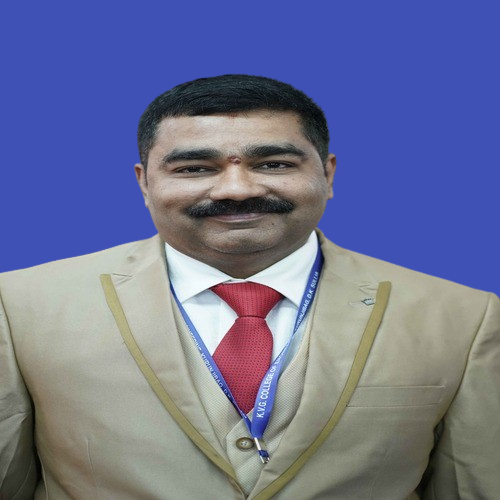
Dr. UJWAL U J
Professor & HOD M.Tech.(NITK), Ph.D(CS&E), MISTE, MIEEE
Experience: 24 years
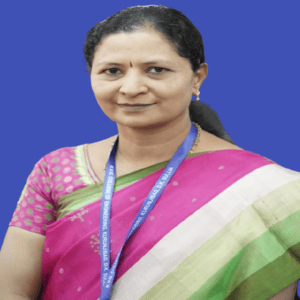
Dr. Smitha M L
Professor MCA, Ph.D
Experience: 24 years
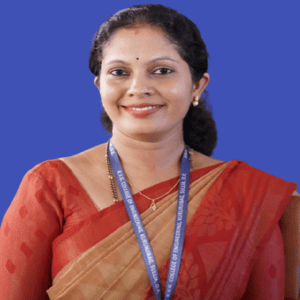
Dr. Prajna M R
Professor B.E, M.Tech, Ph.D
Experience: 20 years
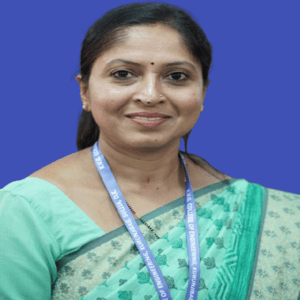
Dr. Divya A K
Professor B.E, M.Tech, Ph.D
Experience: 21 years
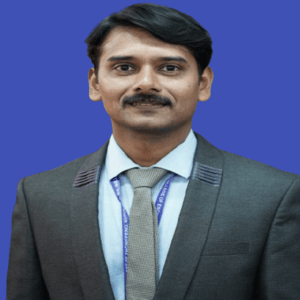
Prof. Kishore Kumar K
Associate Professor B.E, M.Tech
Experience: 19 years
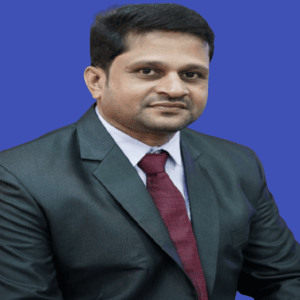
Dr. Balapradeep K N
Professor B.E, M.Tech, Ph.D
Experience: 18 years
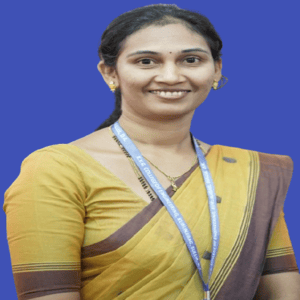
Prof. Sindhu Venkatesh
Assistant Professor B.E, M.Tech
Experience: 17 years
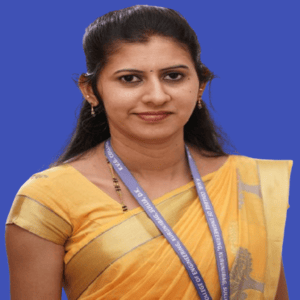
Prof. Bhavya P S
Assistant Professor B.E, M.Tech
Experience: 08 years
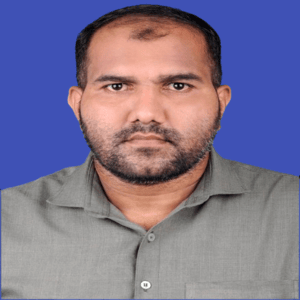
Sachin.S.Kudekallu
Assistant Professor M.Tech
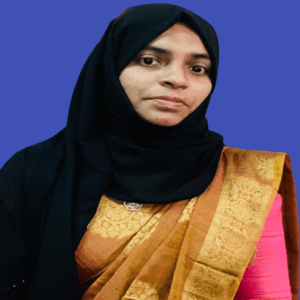
Thajunnisa N M
Assistant Professor MTech

Dr. UJWAL U J
Professor & HOD M.Tech.(NITK), Ph.D(CS&E), MISTE, MIEEE
Experience: 24 years

Dr. Smitha M L
Professor MCA, Ph.D
Experience: 24 years

Dr. Prajna M R
Professor B.E, M.Tech, Ph.D
Experience: 20 years

Dr. Divya A K
Professor B.E, M.Tech, Ph.D
Experience: 21 years

Prof. Kishore Kumar K
Associate Professor B.E, M.Tech
Experience: 19 years

Dr. Balapradeep K N
Professor B.E, M.Tech, Ph.D
Experience: 18 years

Prof. Sindhu Venkatesh
Assistant Professor B.E, M.Tech
Experience: 17 years

Prof. Bhavya P S
Assistant Professor B.E, M.Tech
Experience: 08 years

Sachin.S.Kudekallu
Assistant Professor M.Tech

Thajunnisa N M
Assistant ProfessorMTech
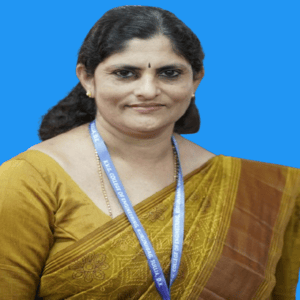
Mrs. Rekha M V
Foreman DEC (AMIE)
Experience: 32 years
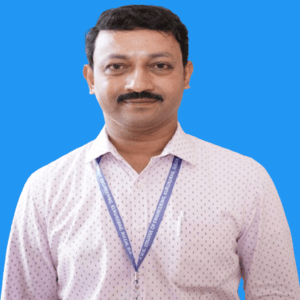
Mr. Lokesh K J
Computer Maintenance ITI
Experience: 25 years
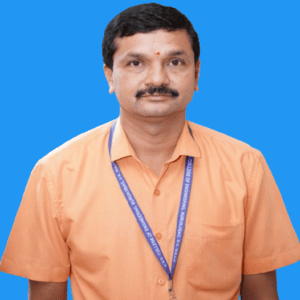
Mr. Ganesh K
Computer Maintenance ITI
Experience: 24 years
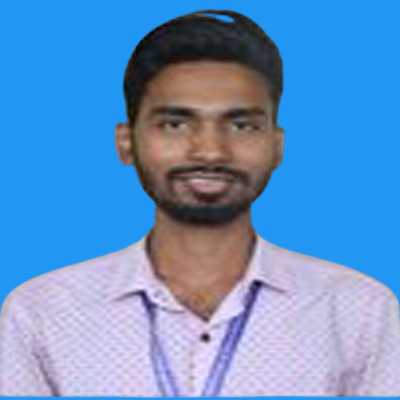
Mr. Rajesh G
Computer Maintenance ITI
Experience: 04 years
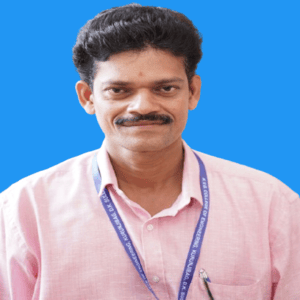
Mr. Theertharama K
Lab Instructor ITI, BA, PGDCA
Experience: 18 years
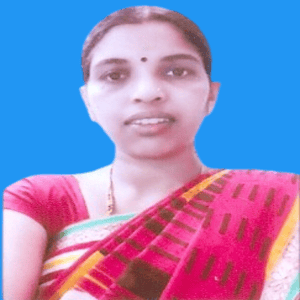
Mrs. Latha PK
Lab Instructor DEC
Experience: 11 years
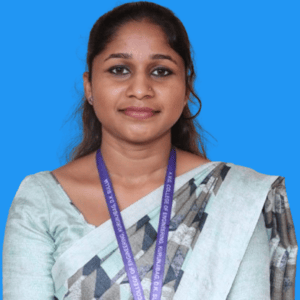
Ms. Chaitra M R
Lab Instructor DEC
Experience: 02 years
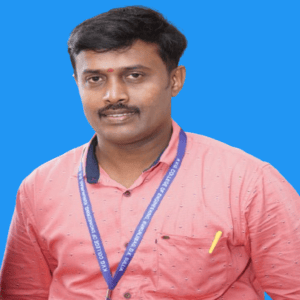
Mr. Vinay Kumar S
Attender SSLC
Experience: 23 years
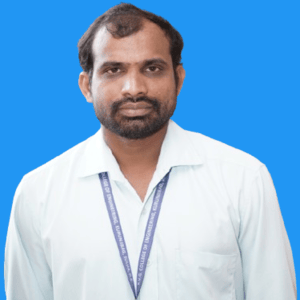
Mr. Murali S N
Attender PUC
Experience: 19 years
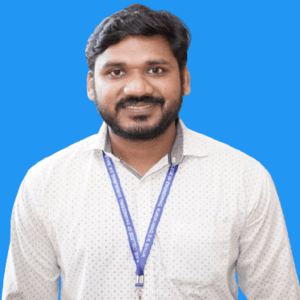
Mr. Amruthesh H S
Lab instructor PUC, Diploma
Experience: 10 years
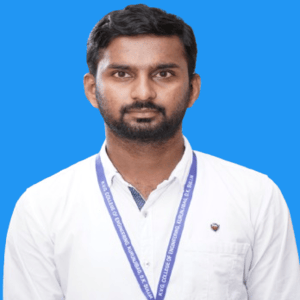
Mr. Chinthan A V
Attender SSLC
Experience: 09 years

Mrs. Kavitha
Foreman B.E (Electronics and communication Engineering)

Mrs. Rekha M V
Foreman DEC (AMIE)
Experience: 32 years

Mr. Lokesh K J
Computer Maintenance ITI
Experience: 25 years

Mr. Ganesh K
Computer Maintenance ITI
Experience: 24 years

Mr. Rajesh G
Computer Maintenance ITI
Experience: 04 years

Mr. Theertharama K
Lab Instructor ITI, BA, PGDCA
Experience: 18 years

Mrs. Latha PK
Lab Instructor DEC
Experience: 11 years

Ms. Chaitra M R
Lab Instructor DEC
Experience: 02 years

Mr. Vinay Kumar S
Attender SSLC
Experience: 23 years

Mr. Murali S N
Attender PUC
Experience: 19 years

Mr. Amruthesh H S
Lab instructor PUC, Diploma
Experience: 10 years

Mr. Chinthan A V
AttenderSSLC Experience: 09 years

Mrs. Kavitha
ForemanB.E (Electronics and communication Engineering)
WORKSHOP ORGANIZED
CENSA INAUGURAL FUNCTION AND FRESHER’S WELCOME FUNCTION
“Arohika 2024: Unveiling the CENSA Student Association at K.V.G. College of Engineering”
Technical Talk on “UI & UX Fundamentals”
KVGCE-STUDENTS CLUB “COGNEX” Cognitive Nexus
‘C’ Programming Lab: Dedicated lab for mastering the basics of C programming, essential for understanding computer science fundamentals.
Data Structures Lab: Provides hands-on experience with data structures, crucial for efficient algorithm design and software development.
Electronics Circuits And Logic Design Lab: Focuses on the practical aspects of electronic circuits and logic design, bridging the gap between hardware and software.
Design and Analysis of Algorithms Lab: Equips students with the skills to design, analyze, and optimize algorithms for various computational problems.
Microprocessors Lab: Offers practical knowledge of microprocessor architecture and programming, vital for embedded systems development.
Database Applications Lab: Facilitates the study and application of database management systems, essential for data organization and retrieval.
System Software And Operating Systems Lab: Covers the development and management of system software and operating systems, key for understanding computer operations.
Computer Graphics Lab: Provides experience with computer graphics, enabling students to create and manipulate visual content.
Unix System Programming And Compuware Design Lab: Focuses on Unix system programming and comprehensive software design, preparing students for diverse operating environments.
Networks Lab: Dedicated to the study of computer networks, emphasizing the design, implementation, and management of network systems.
Web Programming Lab: Teaches web development technologies and practices, essential for building modern web applications.
Project Lab: Supports student projects, fostering innovation and practical application of theoretical knowledge.
Research Lab: Encourages research activities, providing resources and guidance for advanced study in computer science.
Python Programming Lab: Offers training in Python programming, known for its simplicity and power in various applications.
MATLAB: Provides tools for numerical computing and simulation, useful for engineering and scientific research.
Centre of Excellence: A hub for advanced learning and innovation, offering specialized programs and resources.
XILINX: Equipped with Xilinx tools for FPGA development, supporting hardware design and verification.
Multisim: Offers simulation software for electronic circuits, aiding in the design and testing of complex circuits.
ARM Cortex/Keil/Flash Magic: Provides resources for ARM Cortex development, including Keil and Flash Magic tools, essential for embedded systems.
Funded Projects: Showcases projects funded by external agencies, highlighting the department's research capabilities.
Smart Classroom: Modern classroom equipped with the latest technology to enhance the learning experience.
Department Library: Contains a wide range of books, journals, and digital resources specific to computer science.
Department Seminar Hall: A venue for seminars, workshops, and guest lectures, fostering knowledge sharing and community building.
Department Association (CENSA): The Computer Engineering Students Association (CENSA) organizes various events, enhancing student engagement and learning.
Placement 2024-25
Placement 2023-24




